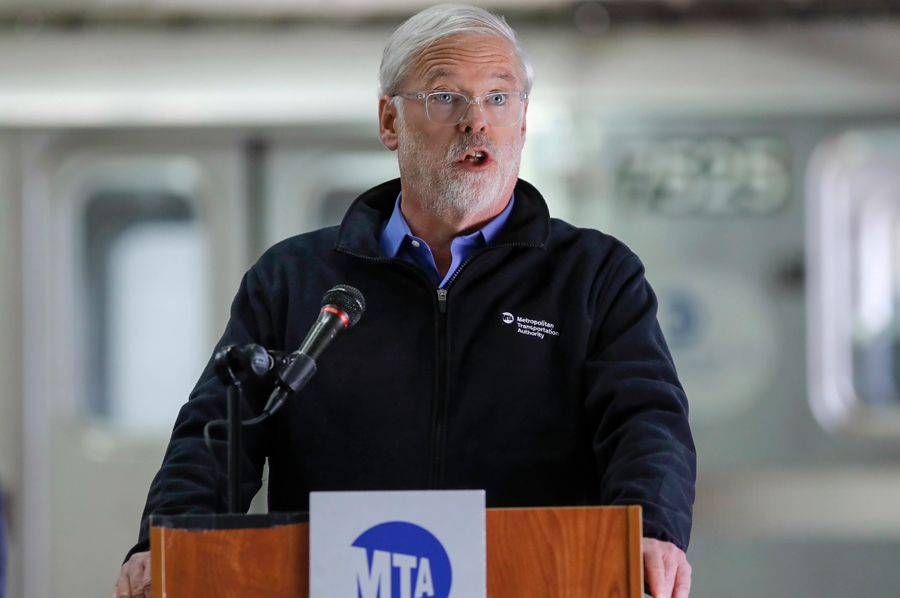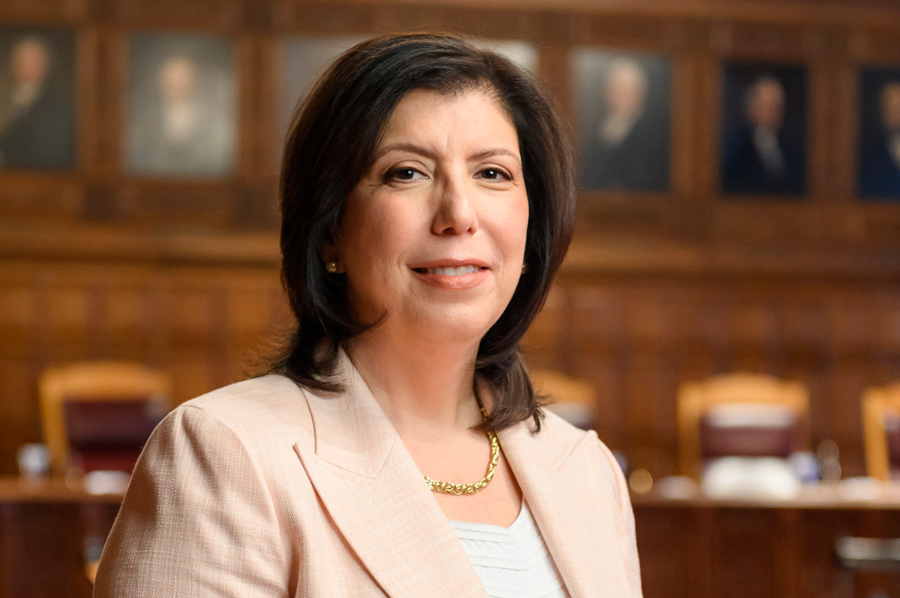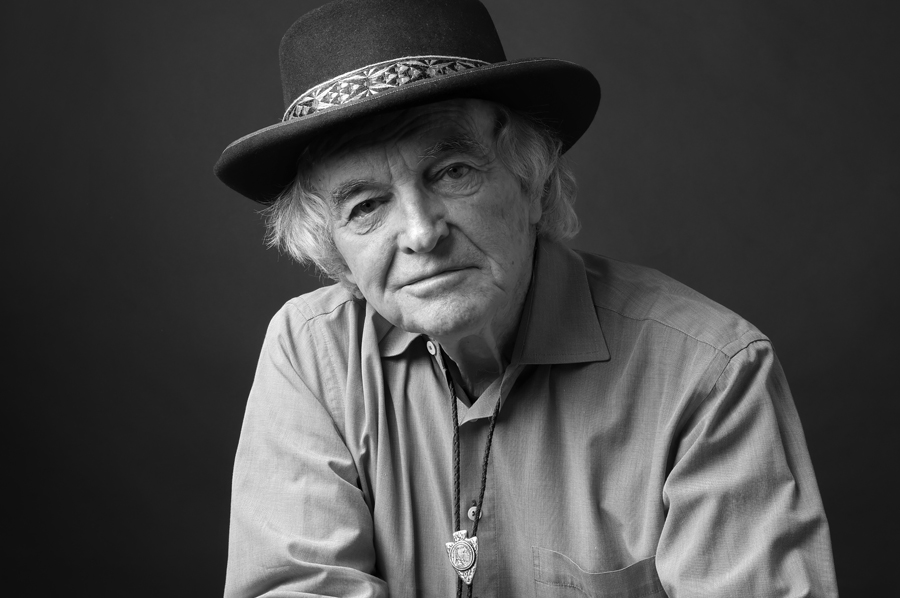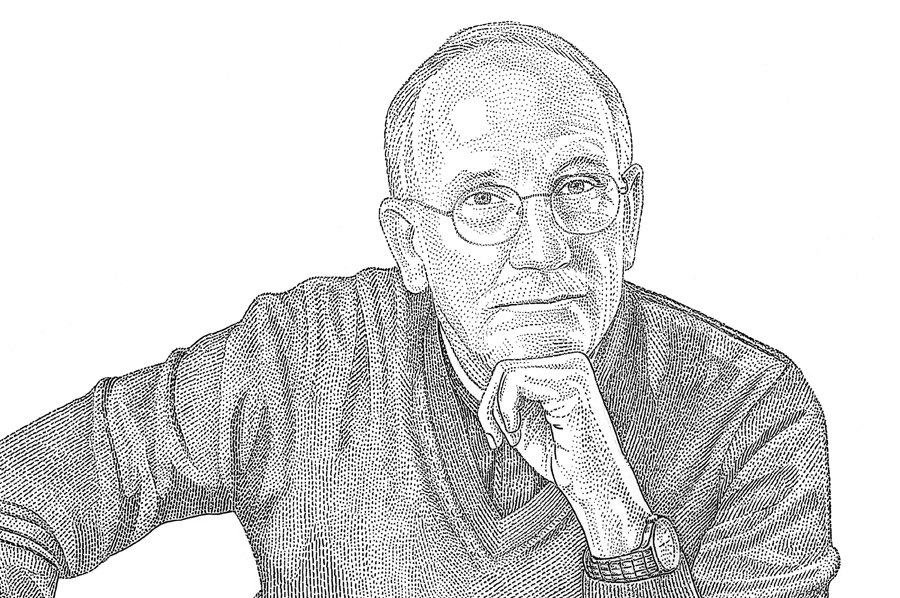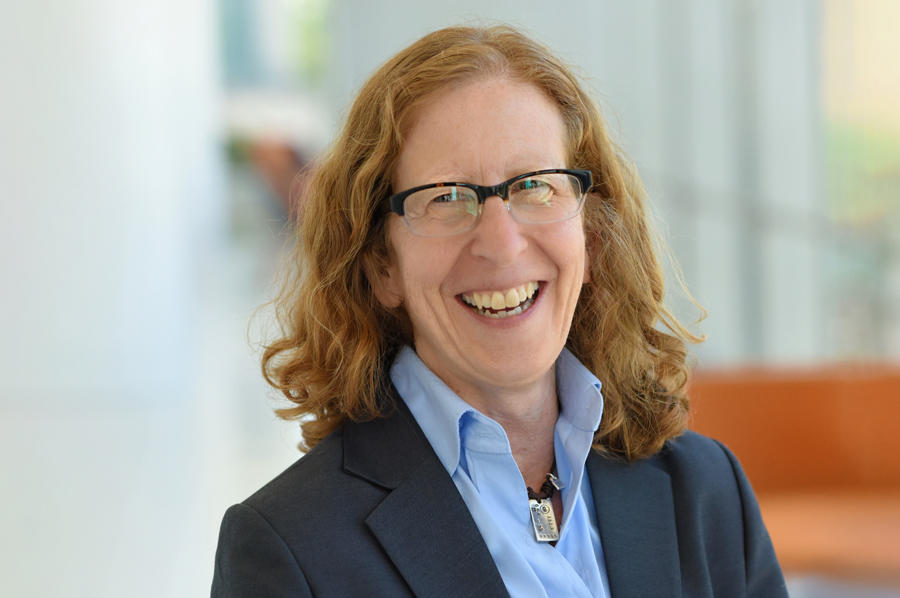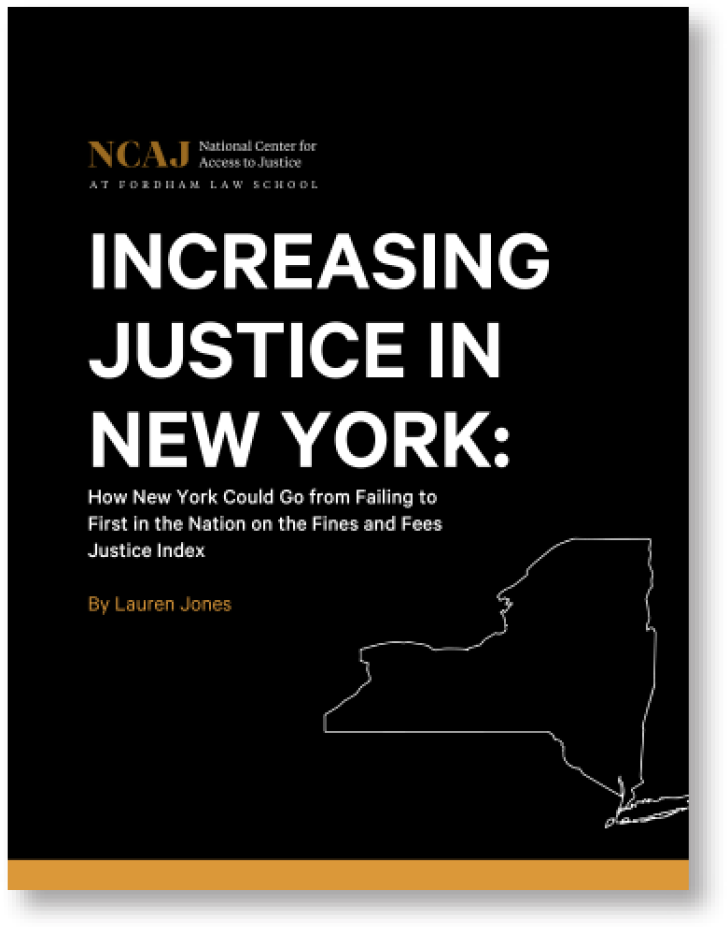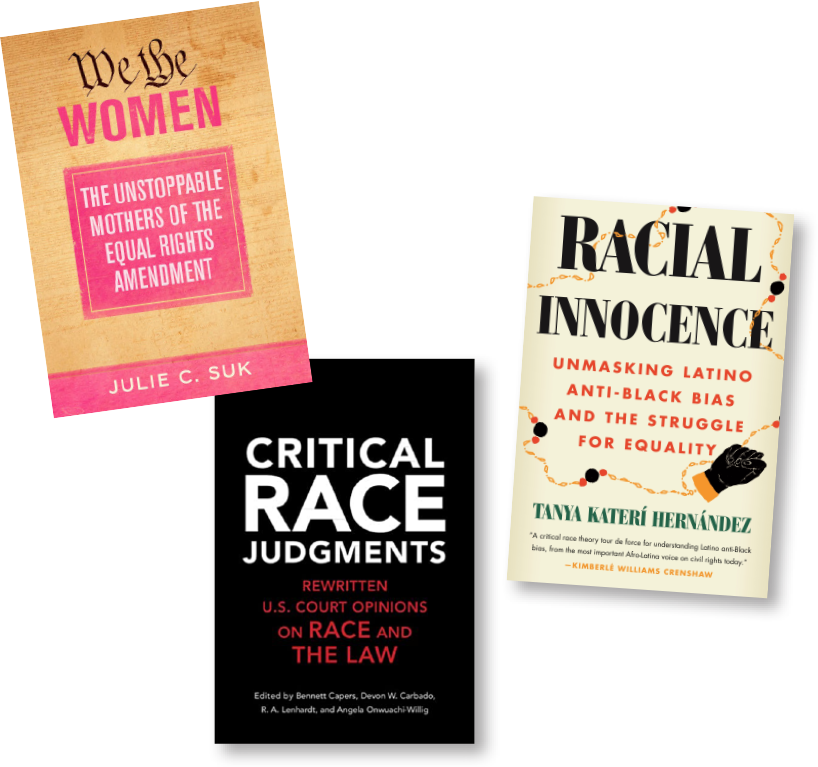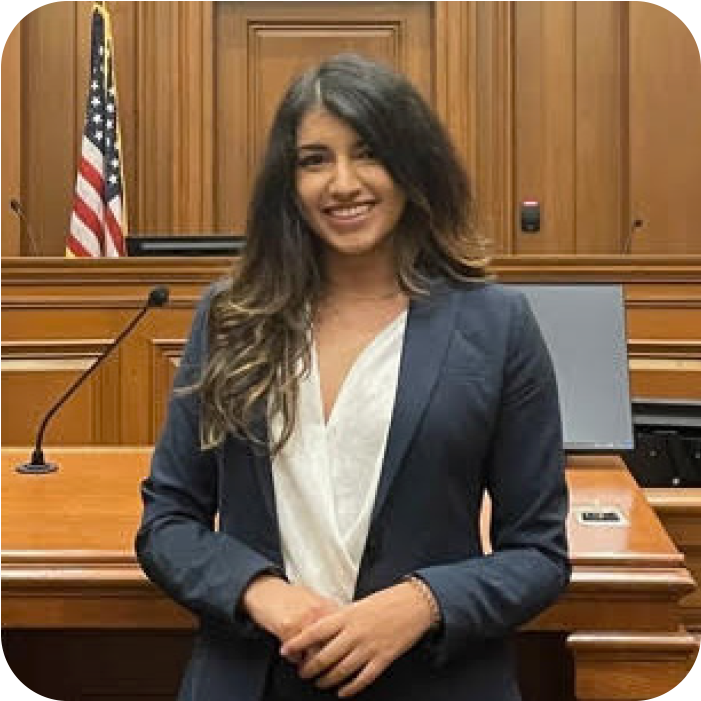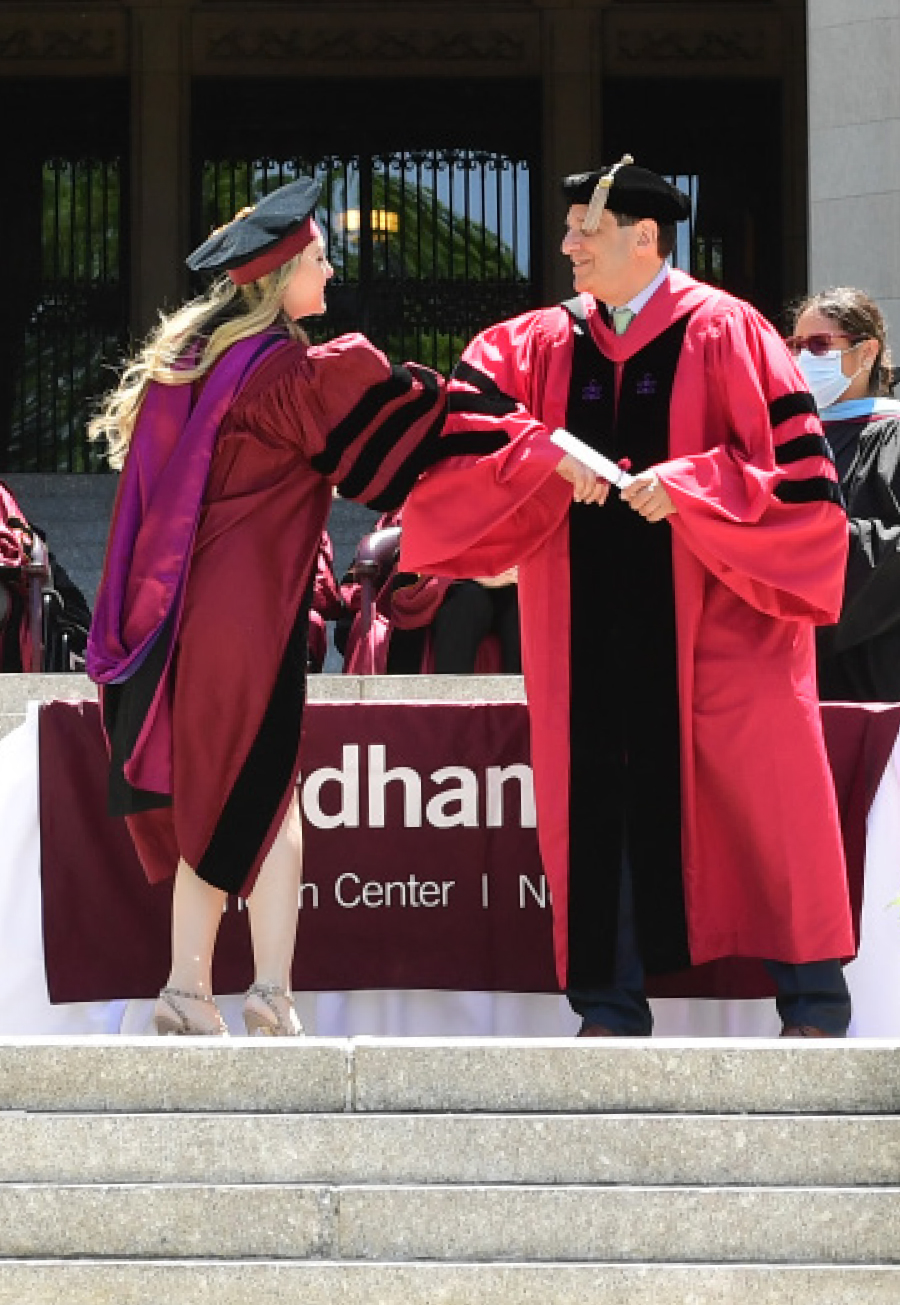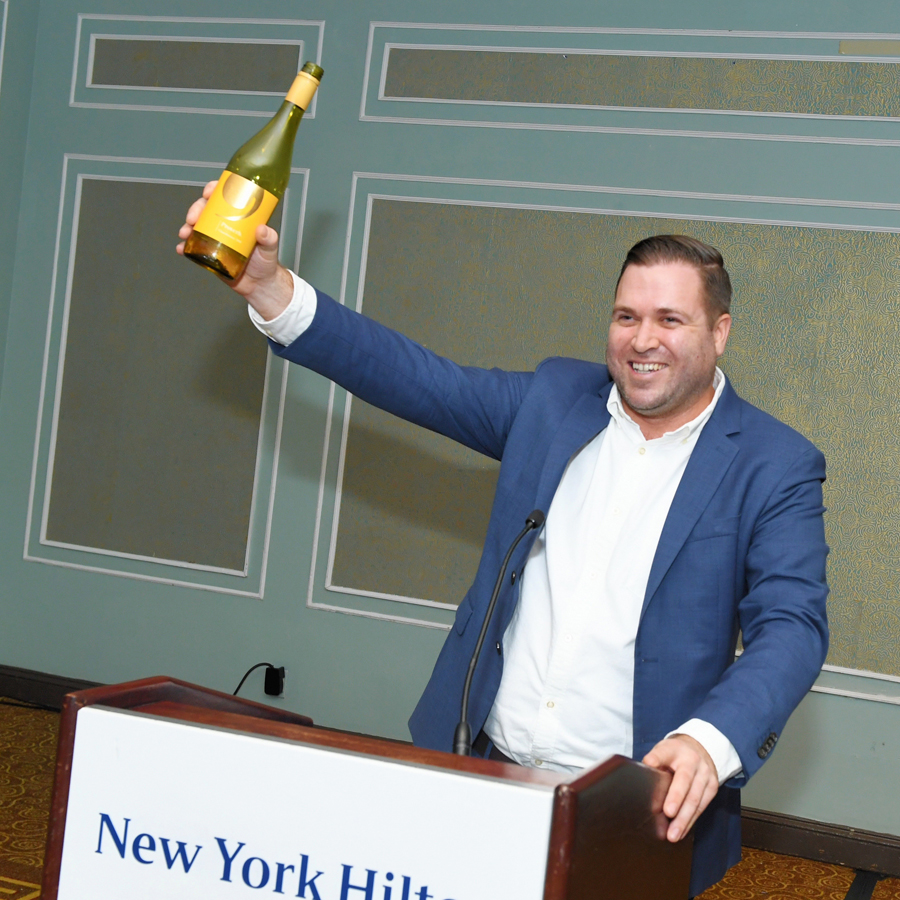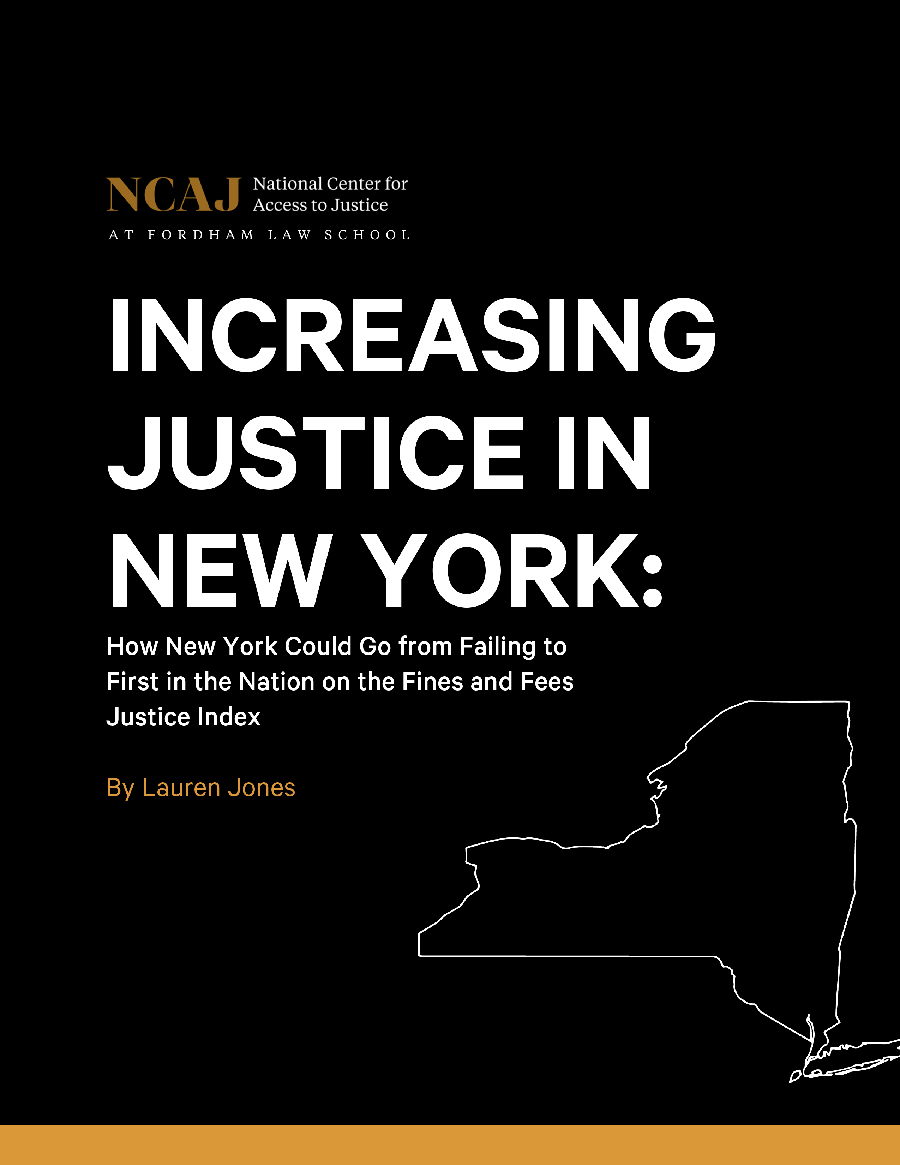Fordham Lawyer Magazine – Summer/Fall 2022

Rebuild,
Reinvent:
of Our Town
New York’s Highest Court
The Service of
Father McShane
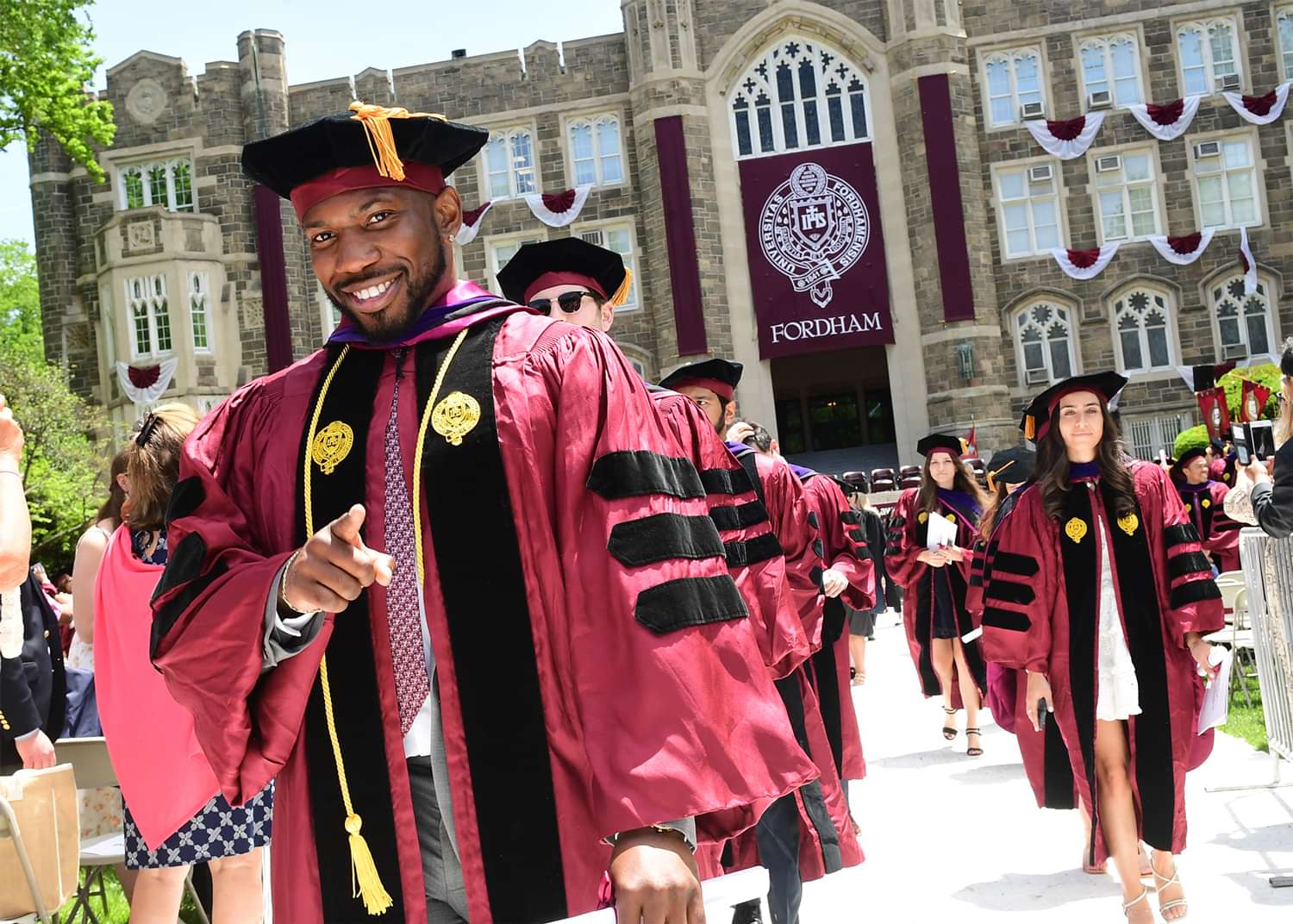
 Student Bar Association President Roosevelt Ettienne ’22 leads the class at Fordham Law’s 115th Diploma Ceremony on May 28. See photos.
Student Bar Association President Roosevelt Ettienne ’22 leads the class at Fordham Law’s 115th Diploma Ceremony on May 28. See photos.Contents – Summer/Fall 2022

Features
Departments
A New Chapter.
AS I WRITE, the fall semester is about to begin, at a moment when both Fordham Law School and New York City seem poised for a rebirth of sorts. After two years of pandemic-related restrictions and inestimable loss, a new kind of normal is returning to New York City, and to our Lincoln Center campus. In a way, you can’t really separate the two—New York City has always been the center of the legal profession, and its propulsive energy is built into Fordham Law School’s DNA.
But New York City’s influence stretches well past the city limits and across the globe, as does Fordham Law School’s. This issue celebrates the connection between the city we love and the school we love—highlighting the ideas, ideals, and leaders that are born and made here. Just as New York is integral to Fordham Law’s identity, our students and alumni have, in turn, made a significant mark on our city—and beyond. Wherever important things are happening, whether in the courtroom, the boardroom, or the halls of government, you’ll find Fordham lawyers contributing in ways that make the city and the world better. You’ll meet a few of these changemakers in these pages, starting with “Reset, Rebuild, Reinvent”. The story shines a light on the alumni and faculty who are rethinking that most New York of subjects—real estate—and how we can creatively adapt the physical landscape of our city to solve the affordable housing crisis that was laid bare and exacerbated by the pandemic.
Tania Tetlow
Named President
of Fordham;
First Woman and
First Attorney
to Lead the
Jesuit University
of New York
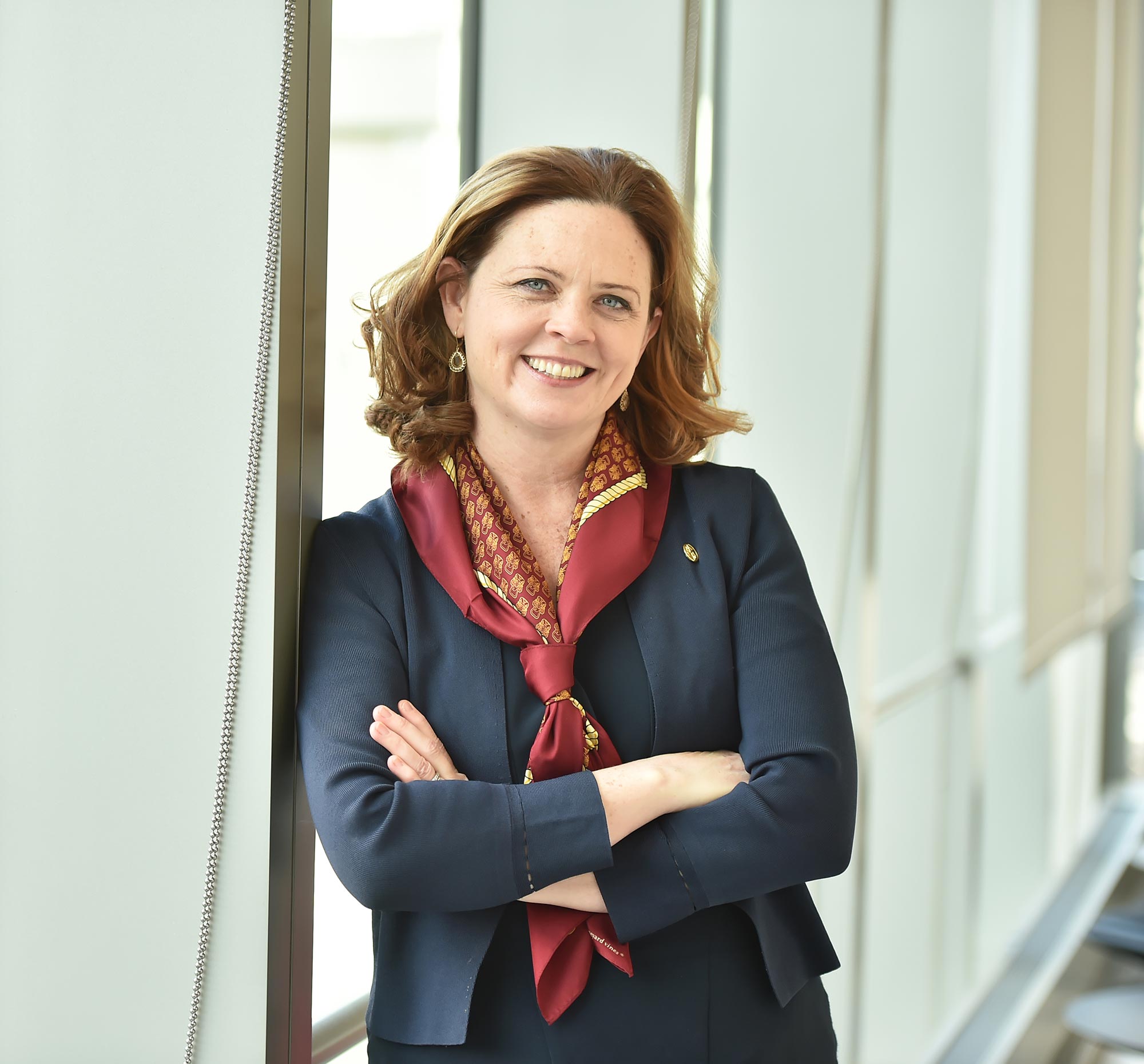
Tania Tetlow Named President of Fordham; First Woman and First Attorney to Lead the Jesuit University of New York
n July 1, Tania Tetlow, a former law professor and president of Loyola University New Orleans, started her tenure as the 33rd president of Fordham University. She is the first layperson, first woman, and the first attorney to lead the institution in its 181-year history.
Tetlow received her law degree from Harvard Law School and a bachelor’s degree from Tulane University. Prior to being named president of Loyola in 2018, she was senior vice president and chief of staff at Tulane, where she previously served as associate provost for international affairs, the Felder-Fayard Professor of Law, and director of the university’s domestic violence clinic. From 2000 to 2005, she was a federal prosecutor in the U.S. Attorney’s Office for the Eastern District of Louisiana, where she specialized in general crimes, violent crimes, and major narcotics cases.
THE Docket
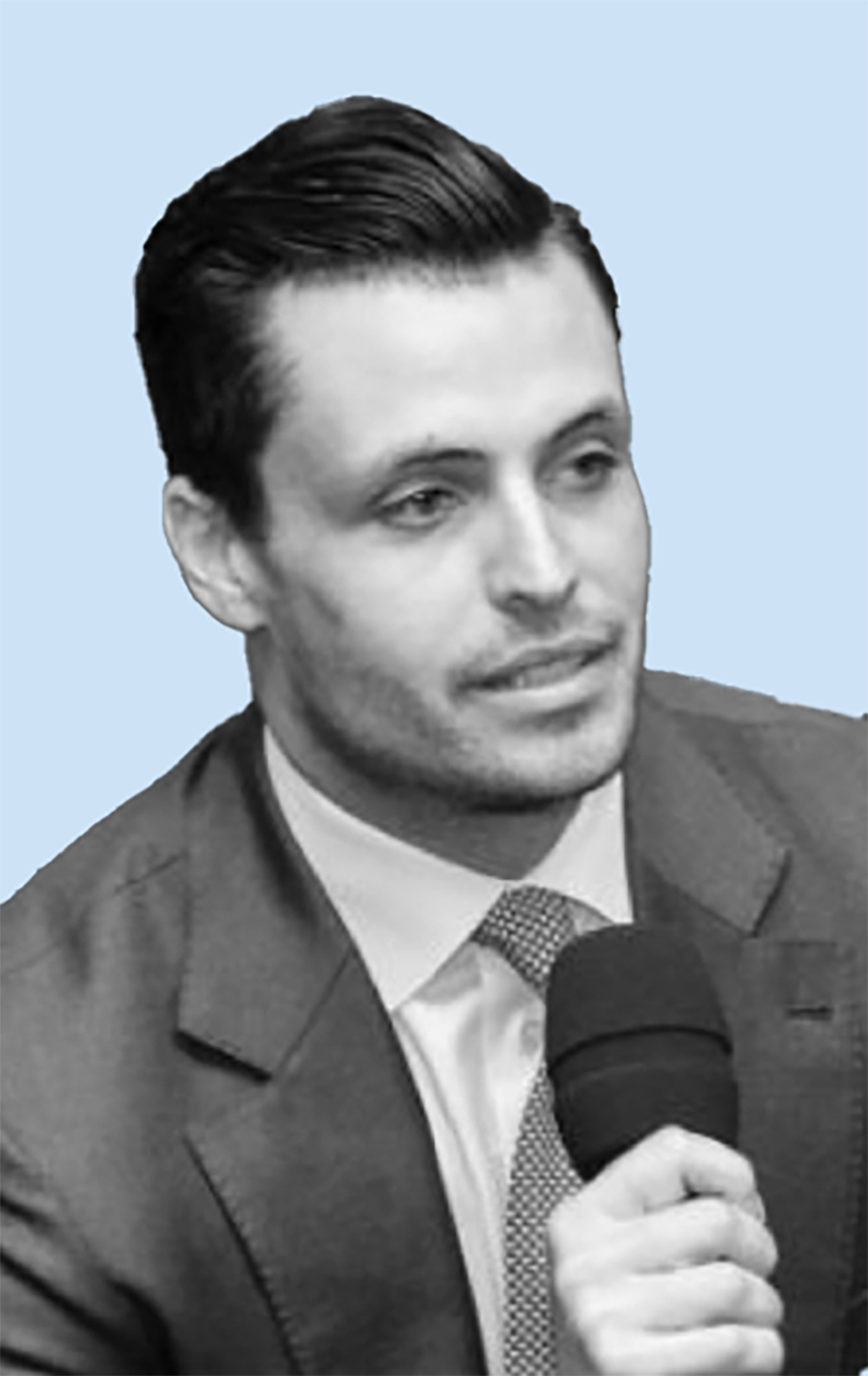
Promoting Fair and Competitive Markets
“This is a particularly exciting time to be involved in the [FTC]’s work,” said Sussman, citing President Biden’s executive order to promote competition and refocus antitrust enforcement as well as the significant antitrust and consumer protection legislation under consideration by Congress.
Reset, Rebuild, Reinvent
The Future of Our Town
rom her 36th-floor office window, Bonnie Neuman ’06 can see the life trickling back into New York City. The dark days of the early pandemic are a fading memory, her young son is back at school, and work is “crazy busy” again. Neuman heads Cadwalader, Wickersham & Taft’s real estate finance division in lower Manhattan, where she can see the tourists heading to the Freedom Tower or over to Battery Park to hop on the ferry to the Statue of Liberty and Ellis Island. Their return to New York City means a return to normalcy for the hotel and hospitality sector that makes up a good part of her real estate finance business.
Reset, Rebuild, Reinvent

The Future of Our Town
rom her 36th-floor office window, Bonnie Neuman ’06 can see the life trickling back into New York City. The dark days of the early pandemic are a fading memory, her young son is back at school, and work is “crazy busy” again. Neuman heads Cadwalader, Wickersham & Taft’s real estate finance division in lower Manhattan, where she can see the tourists heading to the Freedom Tower or over to Battery Park to hop on the ferry to the Statue of Liberty and Ellis Island. Their return to New York City means a return to normalcy for the hotel and hospitality sector that makes up a good part of her real estate finance business.
The Future
is Fintech
While the markets whipsaw between record highs and resolve-testing lows, Fordham Law alumni are hard at work building the future of finance.
“I didn’t understand one word anybody said there, not one,” said Redel, who is also the only woman ever elected chairman of the board of Commodity Exchange. But she went home and read up on the subject. The more she learned, the more she saw it everywhere, with companies like Ernst & Young and Fidelity getting involved. “Before I knew it, I was knee-deep in it.”
She isn’t referring to the two framed prints backed by NFTs3—made for her by the pioneering cryptoartist Kevin Abosch—on her home office wall. In 2018, Redel developed a blockchain course at Fordham Law, soon after adding one on smart contracts, where computer code acts as a digital agreement between two parties, and another on decentralized finance, a blockchain-based ecosystem that doesn’t rely on banks or brokers for transactions.
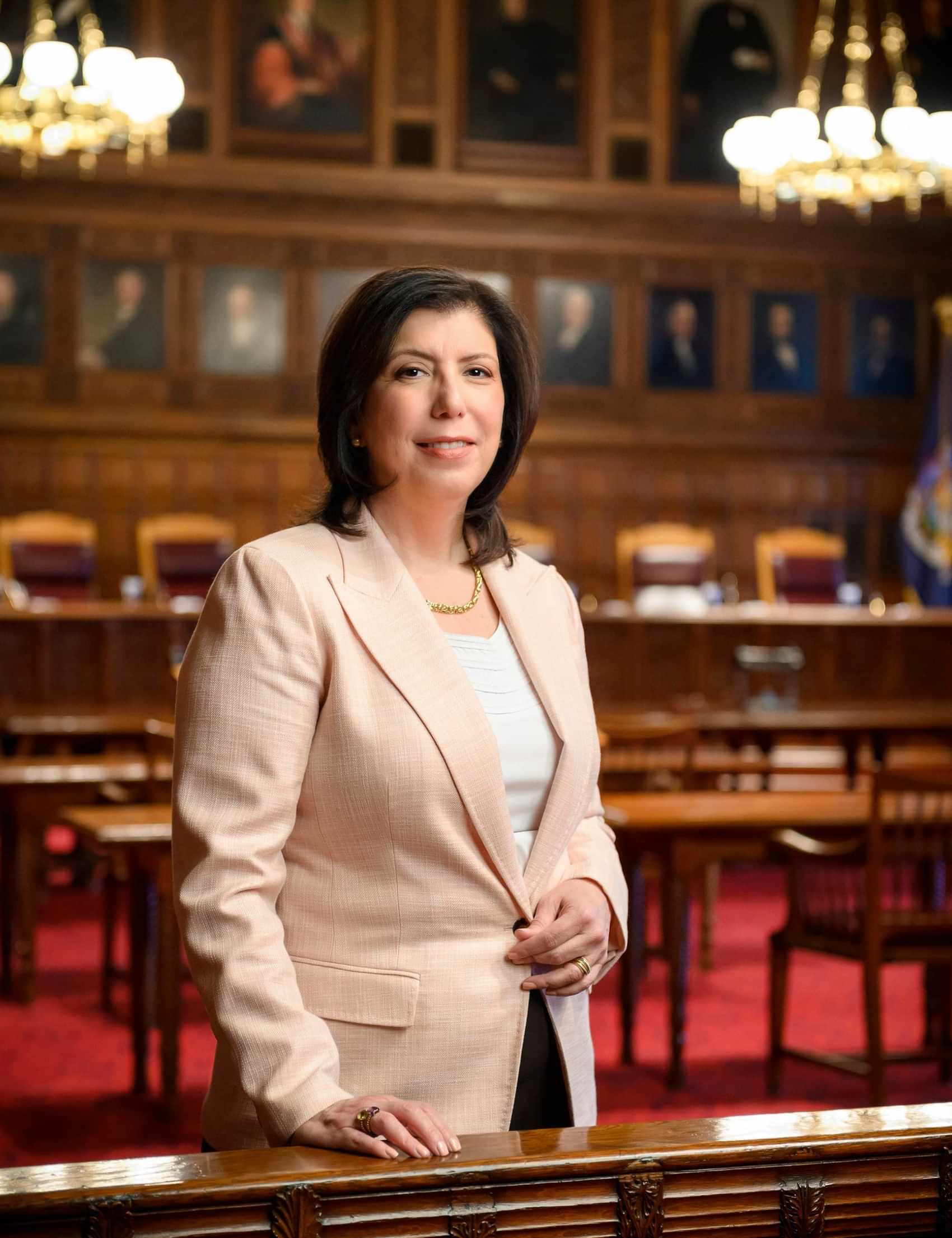
All Rise

Madeline Singas ’91

rowing up, Madeline Singas ’91 spent many afternoons at her family’s pizza shop in Queens, but she never pulled a hot slice from the oven or took a customer’s order. Her parents, immigrants from Greece who didn’t finish high school, never let her or her sister work at Singas Famous Pizza. She was there with her schoolbooks, doing homework.
“My parents didn’t speak English well, but the one word they mastered was ‘study,’ she recalled. “They saw education as a vehicle to a better life for their kids.”
That reverence for education led Singas to a 30-year career in the public sector, during which she focused on improving the lives of vulnerable groups, including the elderly, immigrants, and survivors of domestic violence. Her career also blazed a trail for Greek Americans: In 2015, she became the first Greek American woman to serve as a district attorney in New York state. And last year, Singas was appointed associate judge of the New York State Court of Appeals, the first Greek American to sit on the state’s highest court.
After graduating from Barnard with a degree in political science, Singas thrived at Fordham, where she was drawn to courses on criminal law. “There were a lot of children of immigrants and those from blue-collar families, and I felt a real affinity for them,” she said. She began her career as an assistant district attorney in New York’s Queens County, where she specialized in addressing domestic violence. “It was a time when women didn’t have a lot of faith in the criminal justice system to protect them in these situations, and often law enforcement didn’t take that crime as seriously as it took other crimes,” she said. “I couldn’t believe the amount of violence that children and women were subjected to in their own homes by people that purportedly loved them. I wanted to be a voice for them.”
His Own Write:
What John Lennon Taught Me
About Lawyering—and Life
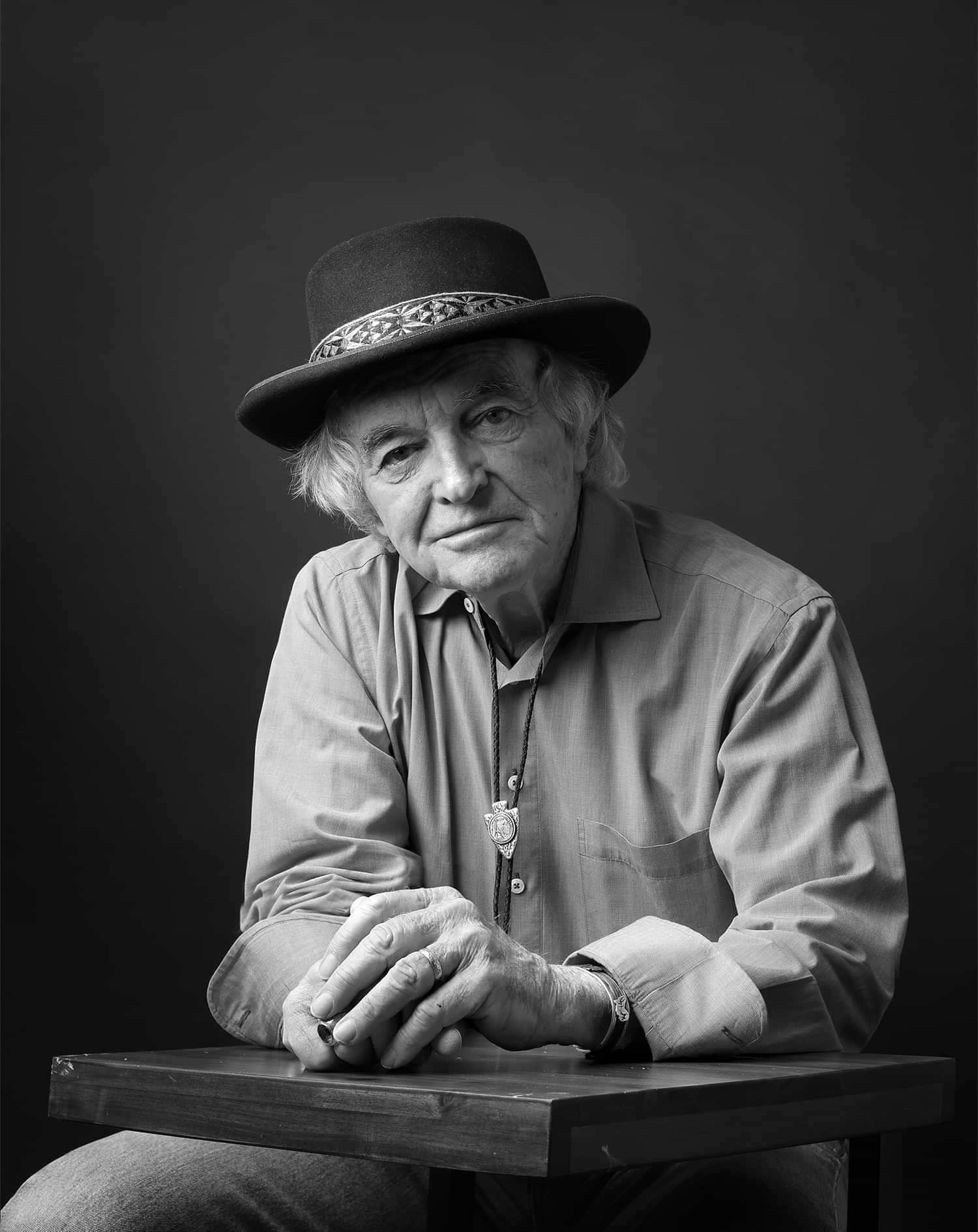
His Own Write: What John Lennon Taught Me About Lawyering—and Life
or 40 years, wherever he moved, from the New York metropolitan area to his current home in the Blue Ridge Mountains of North Carolina, Jay Bergen FCRH ’59, LAW ’62, took six heavy banker’s boxes with him, transferring them from one garage or attic to another, where they continued to gather dust. “I always kept them with me, but I didn’t open them until five years ago,” said Bergen.
When he did, he couldn’t help but sit down on one of those boxes and lose himself in the reams of depositions and the trial and appeal records of a case he considers the highlight of his wide-ranging legal career: the two-year lawsuit he handled for John Lennon in 1975 and 1976 against Mafia-connected record company executive Morris Levy.
“When I read the transcripts from John Lennon’s testimony about how he and the Beatles became the Beatles, how they took control of the process of making an album, how they produced the covers, I realized that this was a good story—one that, surprisingly, had never really been told,” said Bergen. “And I know all the details.”
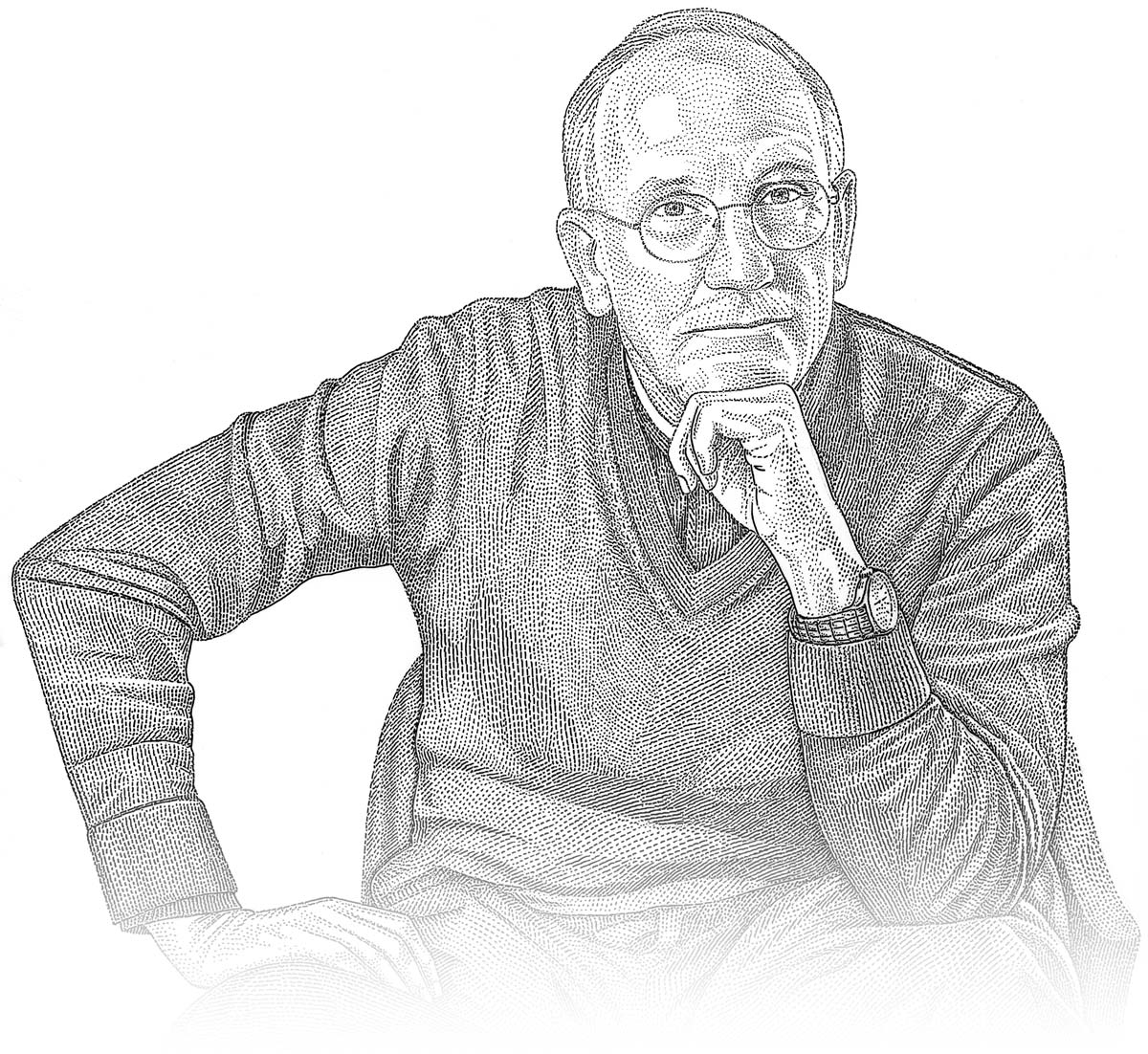
The Service of Father McShane

That commitment to service left an indelible mark on McShane’s son: Joseph M. McShane, who would go on to become a Jesuit and the president of Fordham University. “[My father] was immensely proud of the Law School and grateful for his Fordham education,” Father McShane said. “The emphasis on service really changed him.”
That ethos was the driving force behind Father McShane’s transformative leadership of the University. He has been intimately involved with the Law School during his tenure, from reshaping the physical campus to enhancing the school’s academic quality.
The Embodiment of the Network

Jaeger-Fine catapulted Fordham Law into a highly respected player on the international stage “through her sheer force of will,” said Dean Matthew Diller when presenting her with the 2022 Dean’s Medal of Recognition in May. Under Jaeger-Fine’s 16-year tenure, Fordham Law established new LL.M. programs, online degrees in Compliance and U.S. Law, the innovative M.S.L. program, the S.J.D. program, the Legal English Institute, the Summer Institute, the Pre-Law Institute, the Structural Issues in Law Firm Management program, and the RISE Leadership Academy for the Advancement of Women in Law. “None of these programs would exist without Toni’s leadership,” said Dean Diller.
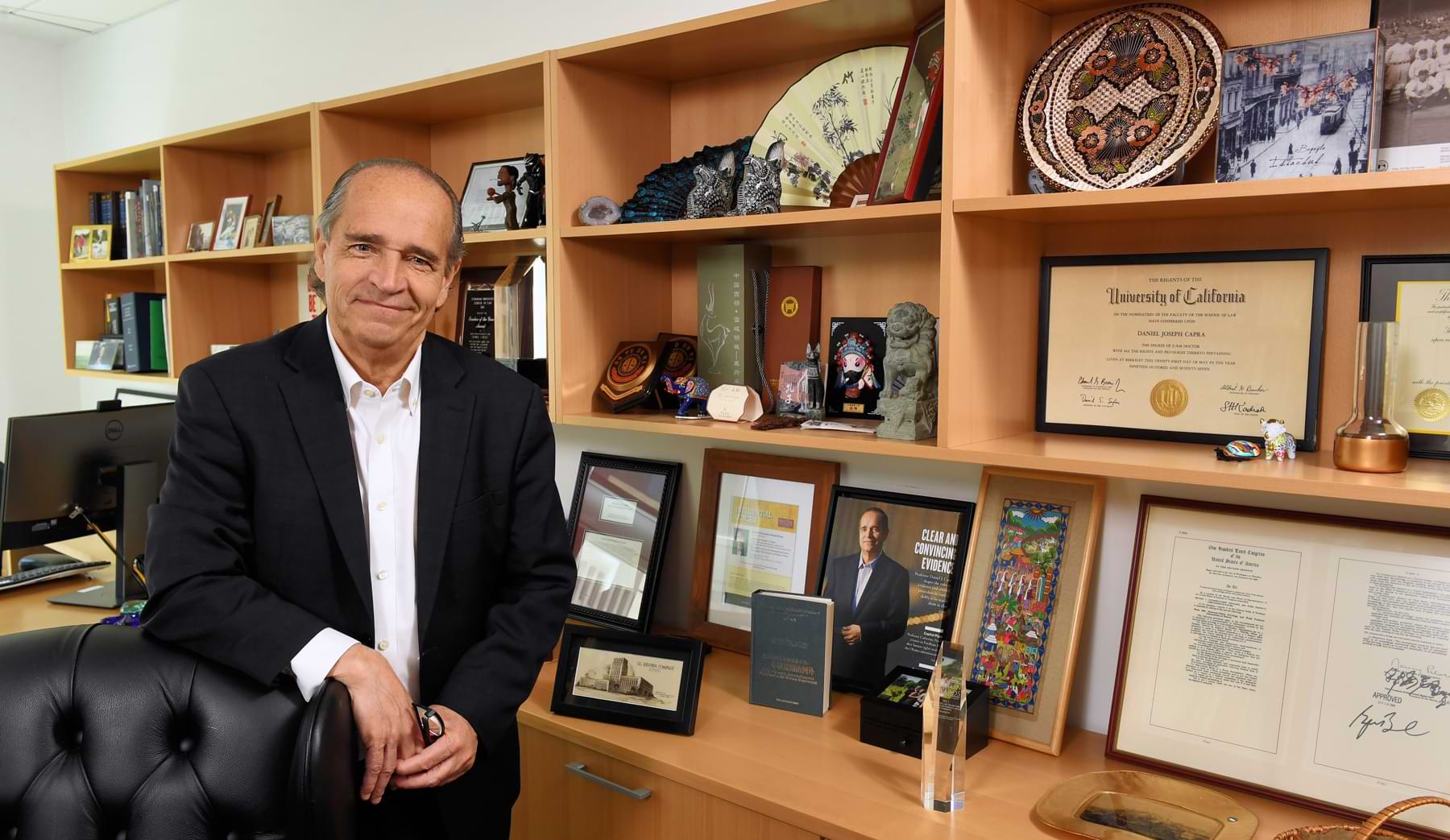
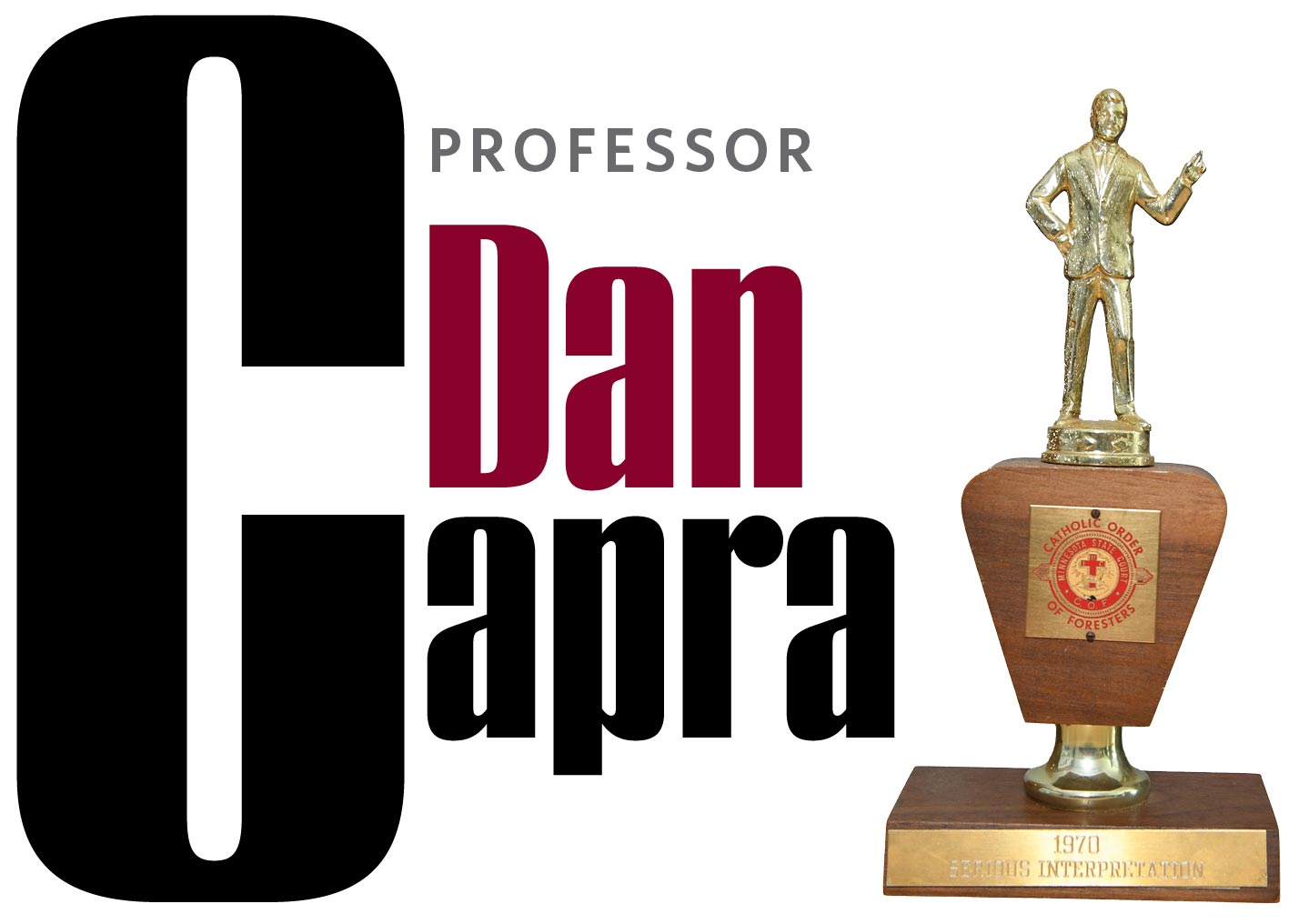
Professor Dan Capra

A Map for Progress on Fines and Fees
hortly before the pandemic, a judge in the Drug Court Part in Bronx Criminal Court tried to persuade a young man to enter a drug treatment program. However, the man said he couldn’t afford to stop working his job at a flooring company to address his substance abuse issues due to the huge fines and fees attached to his offenses hanging over his head. There was no leeway; due to a New York state law passed during the 1990s, the height of the “tough on crime” era, the judge could not waive the mandatory court fines and fees because of the young man’s inability to pay, nor as an incentive for the young man to complete treatment. As a result, the young man declined critical assistance.
In August 2019, Peggy Herrera, a mother from Queens, called emergency services when her 16-year-old son, who had been previously criminalized for his mental health issues, experienced an anxiety attack. After counseling, her son calmed down. The police, however, proceeded to remove her son from their home. Herrera, who had never been arrested, told the police she could assist her son herself. As she described in the New York Daily News, Herrera was tackled from behind and arrested. The following March, Herrera’s charges were dropped, but she and her family remain trapped in debt from mandated fines and fees.
Leaders & Icons
Women Sweep the Slate as Journal Editors-in-Chief
“It [was] so fulfilling to solicit authors … and work with them to develop informative and impactful literature,” said Archer. “I’m honored to have led my journal and to be a representation of what women can do.”
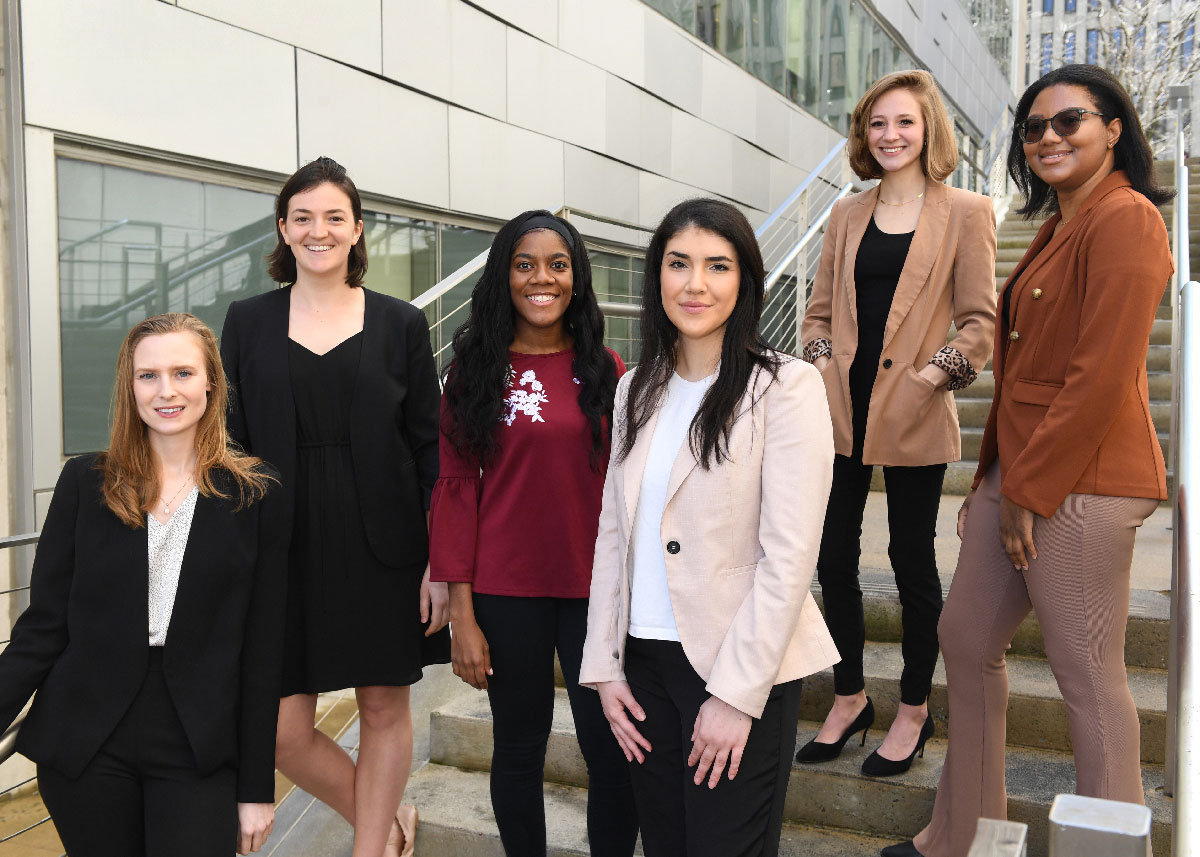
Ruth Whitehead Whaley, Class of 1924, Honored with Historical Plaque
Whitehead Whaley died in 1977 at the age of 76, though her legacy has endured. Today, Fordham Law students in the top 25 percent of their class are honored as Ruth Whitehead Whaley Scholars and the Black Law Students Association bestows an annual Ruth Whitehead Whaley Trailblazing Alumnus Award to alumni who embody her “bold spirit and commitment to excellence.”
The historical plaque in North Carolina stands at the corner of Ash and John streets in Goldsboro, just half a mile from Whitehead Whaley’s childhood home. Summarizing her legacy in just a few short words, the plaque reads: “Ruth W. Whaley, (1901-1977), Pioneer Female African American Lawyer.”
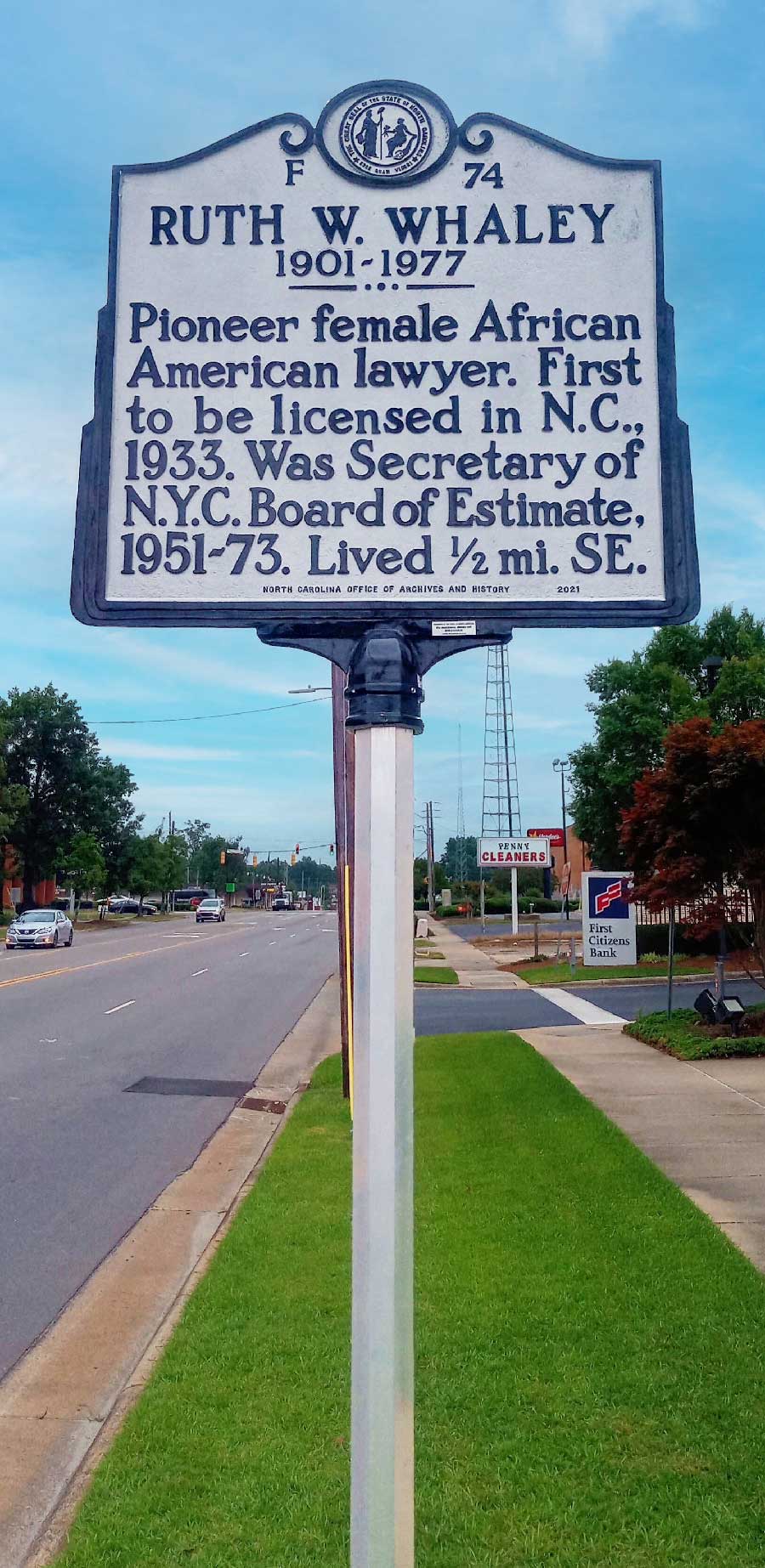
#FutureFordhamLawyers Pave Their Own Paths

These law students and recent graduates have been inspiring others on Fordham Law School’s campus, in their communities, and beyond.
Follow us for more #FutureFordhamLawyers ![]() @FordhamLawNYC
@FordhamLawNYC

Cameron A. Kasanzew ’23
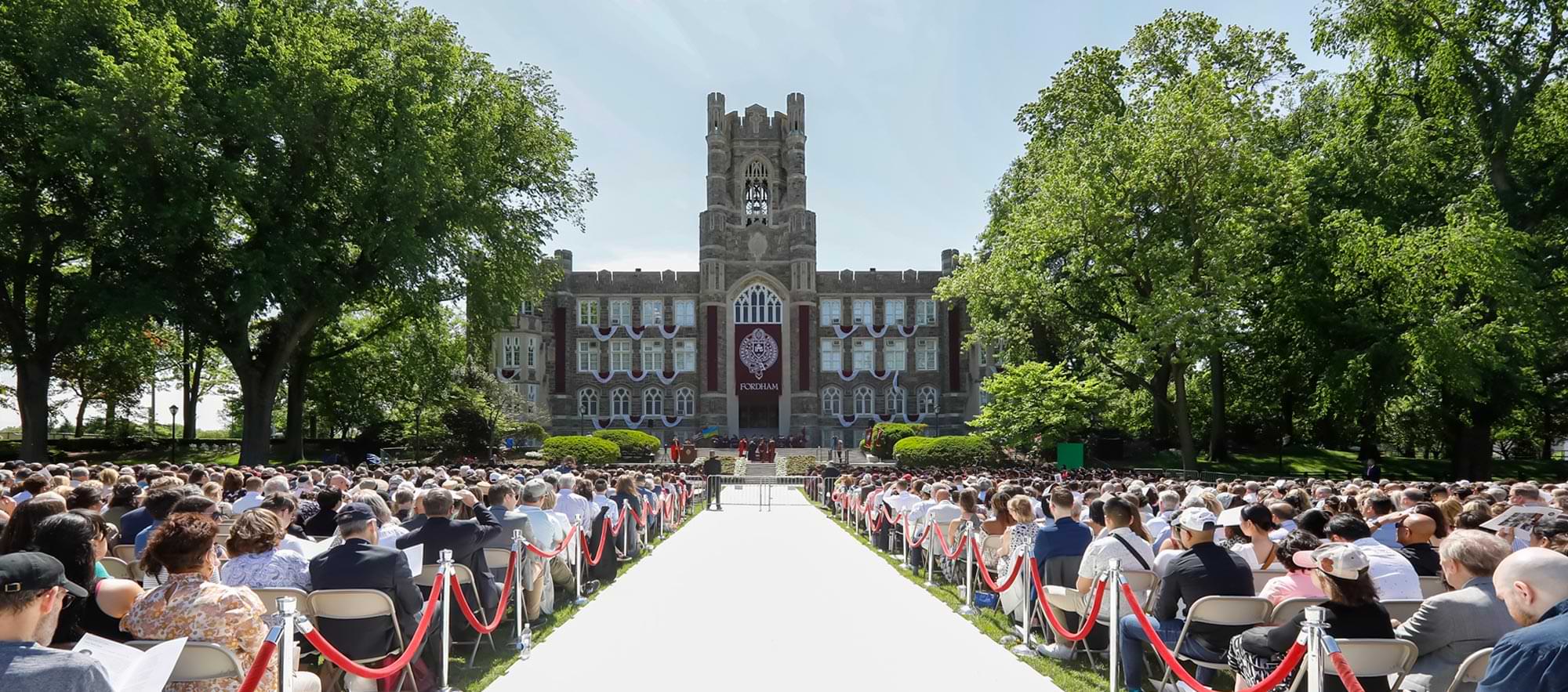
Photo
Album
Fordham Law Alumni Association

“I Believe in
Showing Up”
A Q&A with Incoming FLAA President
Edward M. Joyce ’86
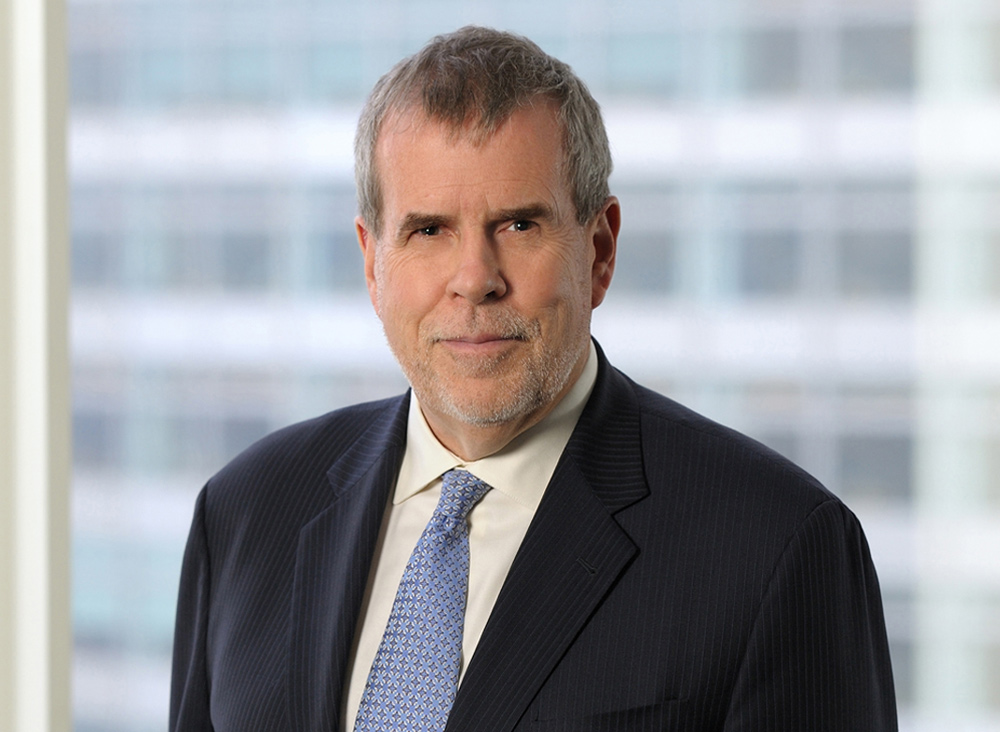
For the Fordham Law Alumni Association’s new president, the Law School is not just close to his heart—it’s family. In this Q&A, he talks about what Fordham Law means to him, the role service plays in his life, and how he plans to use his passion to bring growing numbers of alumni into the fold.
A. I’ll never forget the time during our orientation in the fall of 1983 when John Feerick gave a speech in the old Lowenstein Auditorium. I was 22, and he had graduated from Fordham the year I was born. I was immediately taken by him. There are some people who have a bedside manner and others who don’t, and John truly has empathy. He was always looking to figure out how to help you, both as a student and once you graduated. I also fell in love with my professors, including Hugh Hansen, Maria Marcus, Joseph Perillo, and Georgene Vairo, among others. After my first year, I wrote on to both the International Law Journal and the Urban Law Journal, and I joined the ULJ—eventually becoming a commentary editor during my third year. My daughter, Kayla, is also on the ULJ, and the first thing she saw when she walked into the journal’s office was a photograph of me as a student—with a lot of big hair. I also did moot court. The ULJ and moot court offices were right across the hall from each other in the old building, which was very convenient, since I was spending 24/7 on campus during the week.
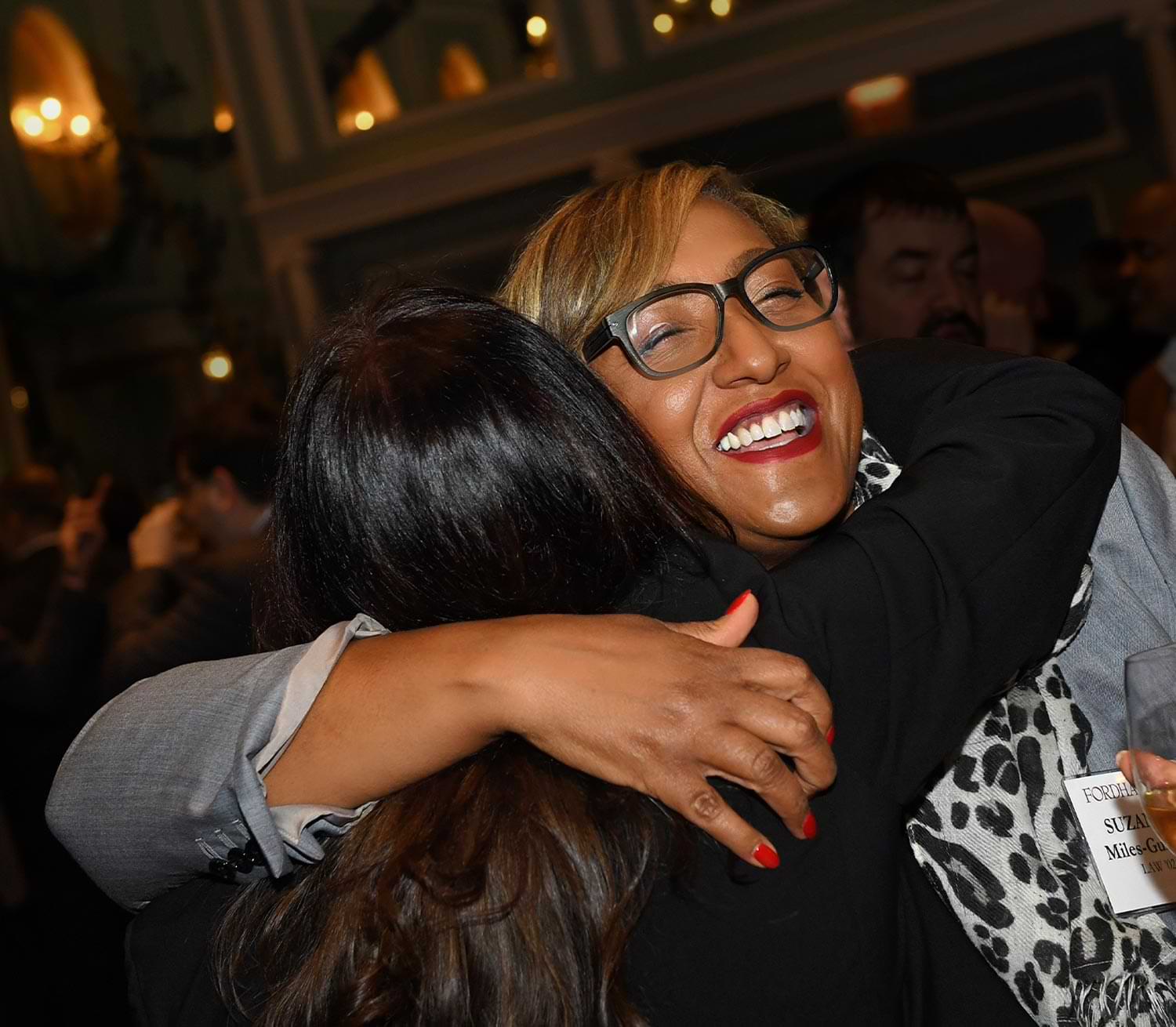
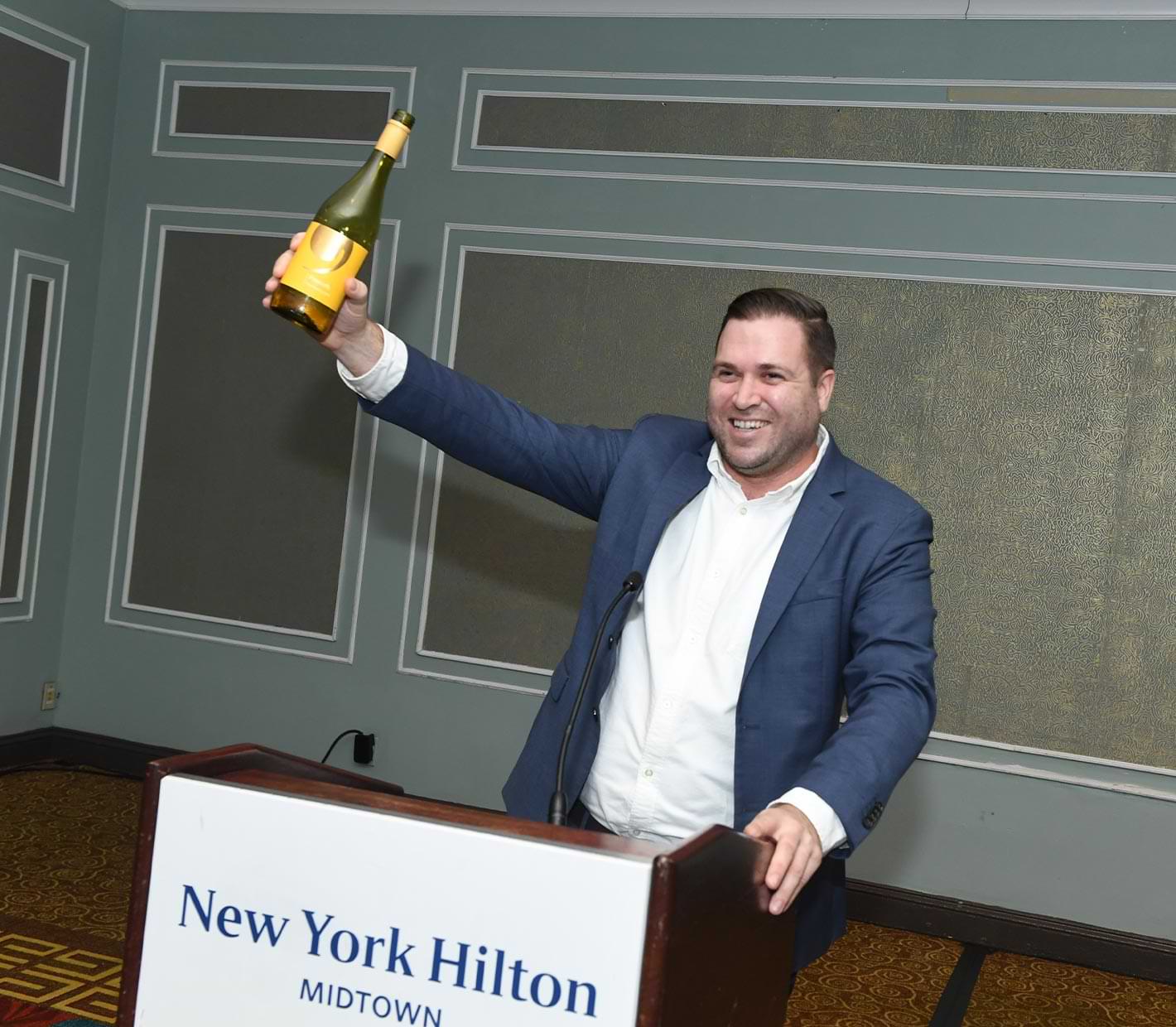
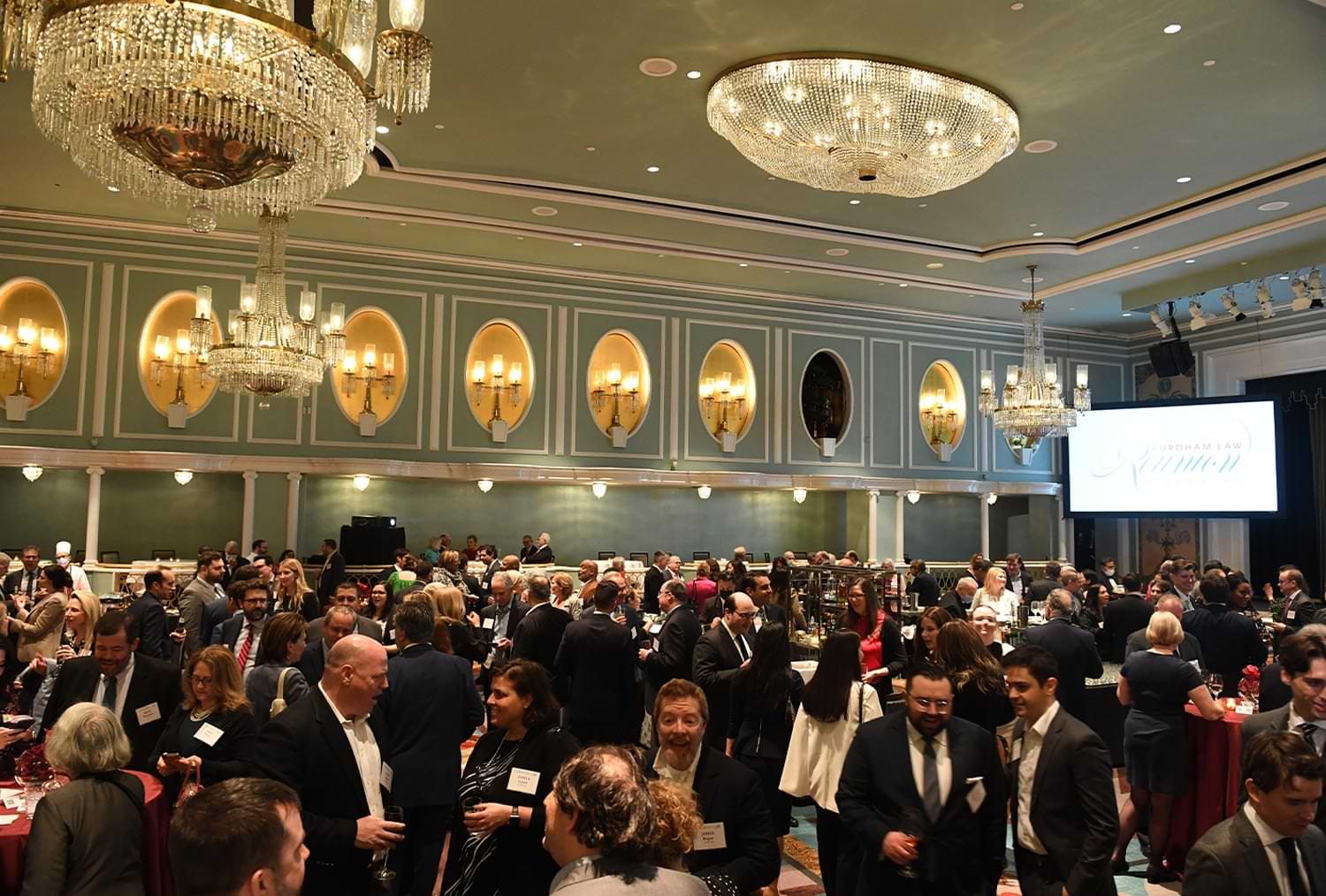
Photo
Album
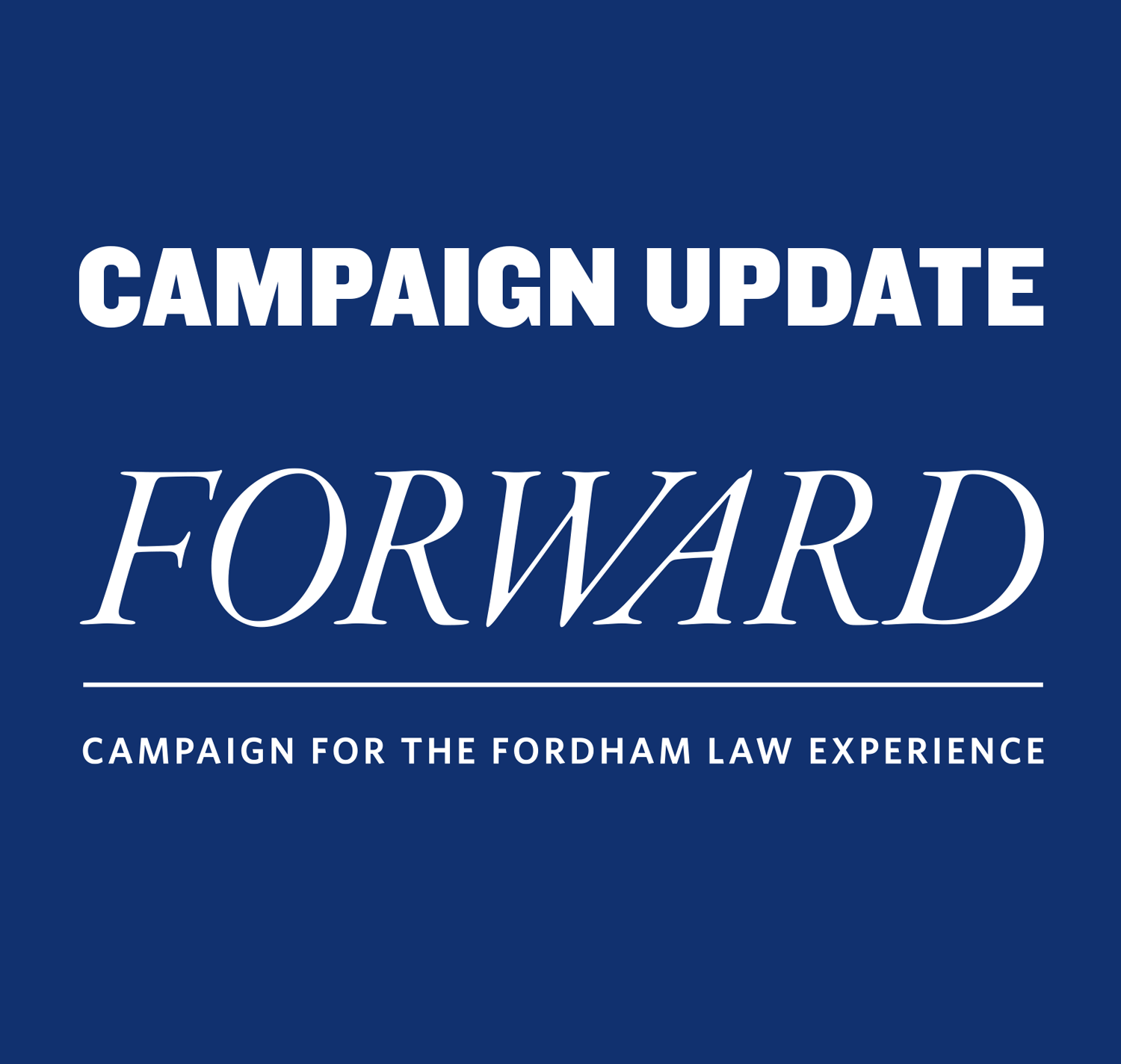
The Gift that Keeps on Giving
By Erin DeGregorio
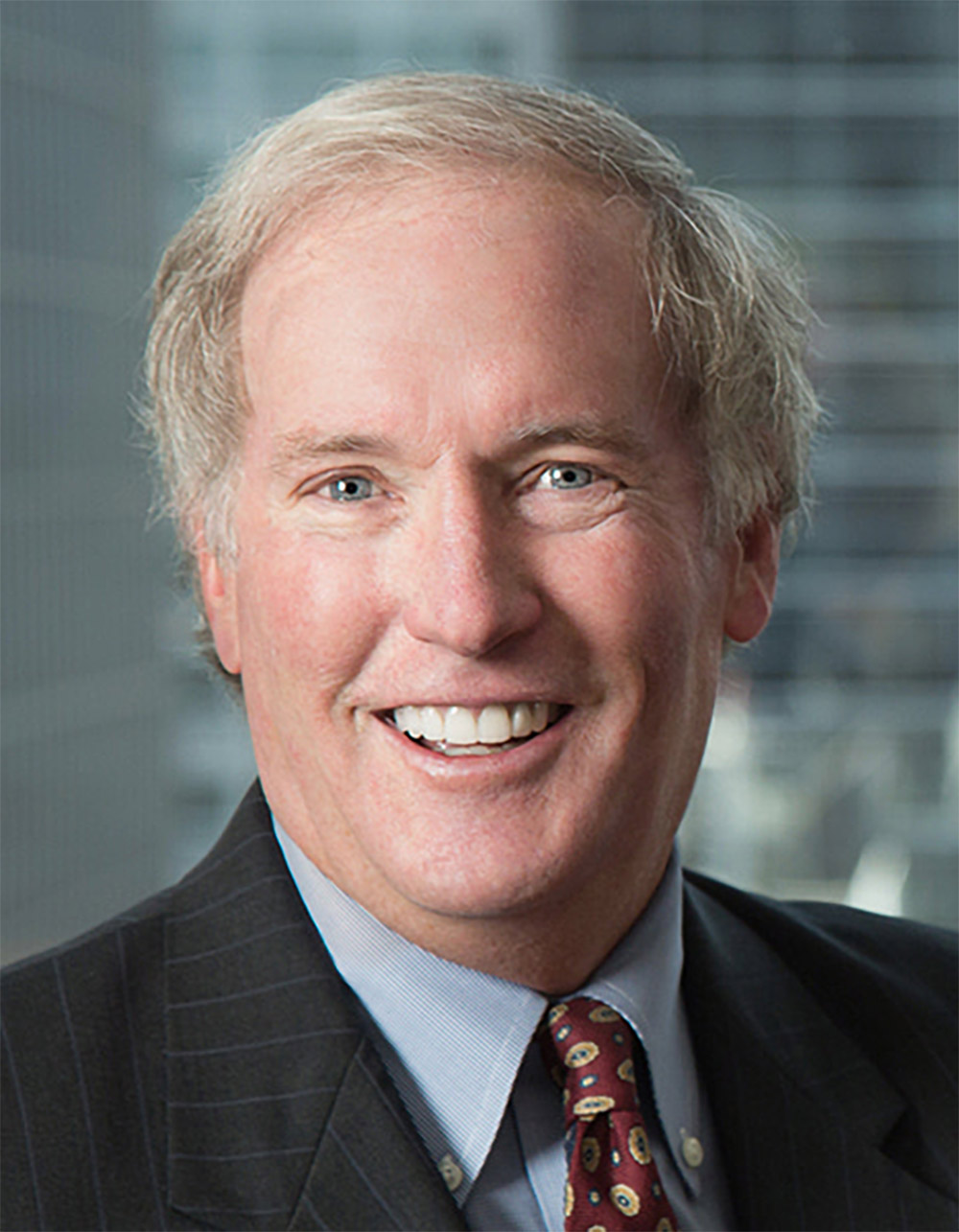
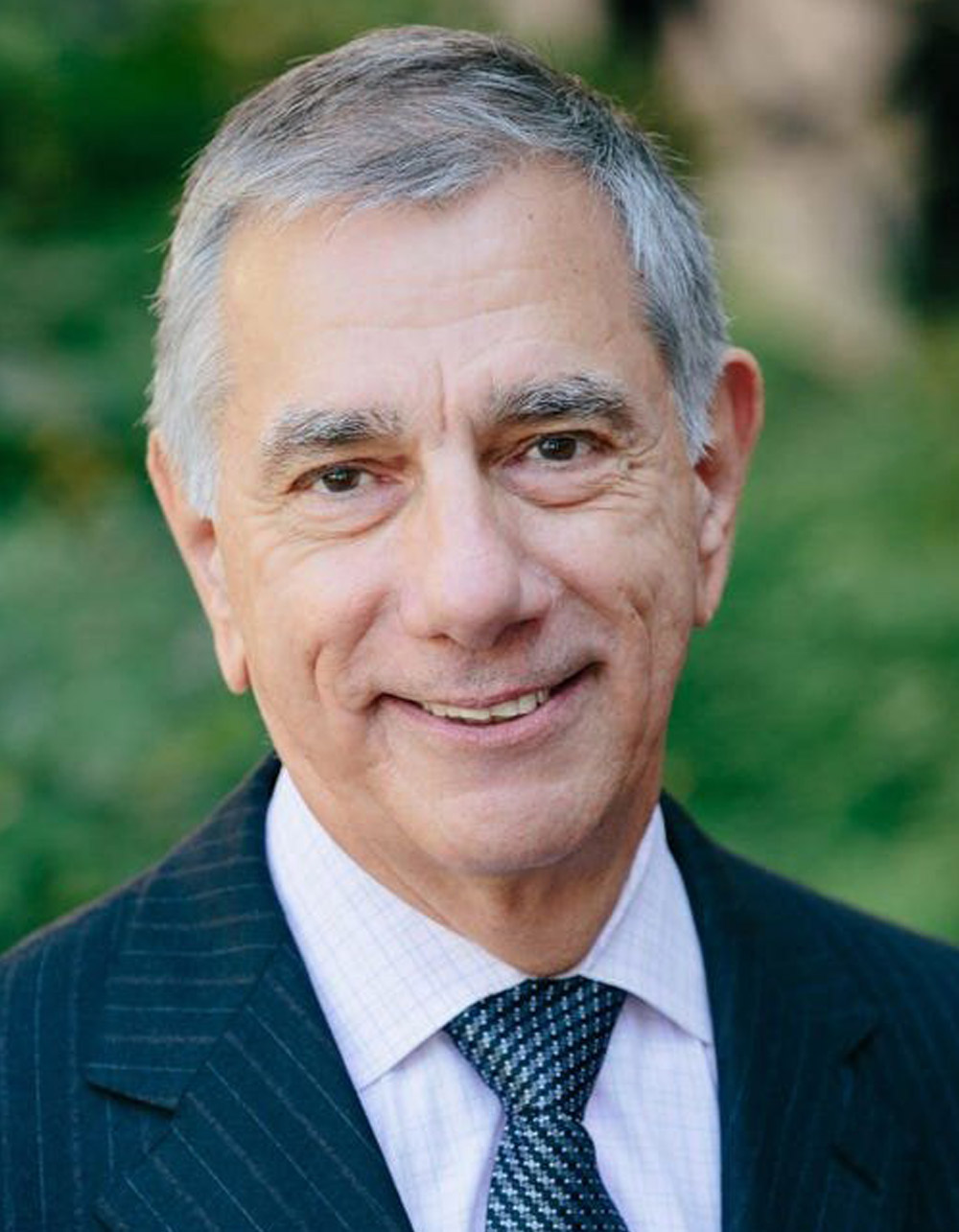
“When I look at my career, I did not go into a law firm,” said Craviso, “[but] the gift Fordham Law gave me—to think like a lawyer—is with me in everything I do.”


“When I look at my career, I did not go into a law firm,” said Craviso, “[but] the gift Fordham Law gave me—to think like a lawyer—is with me in everything I do.”
Class Notes
’61
’72
’96
Michael Ross Feinsod was named CEO and chairman of the board of directors for Bespoke Extracts.
Joyce McCarthy was appointed general counsel of Central Garden & Pet, based in Walnut Creek, California.
’08
Daniel A. Gottesman was elected to the management committee at Ulmer & Berne in the Cleveland office.
Tiffany Hall was named executive vice president and general counsel for Mastercard, North America.
ONLY @ FORDHAM LAW
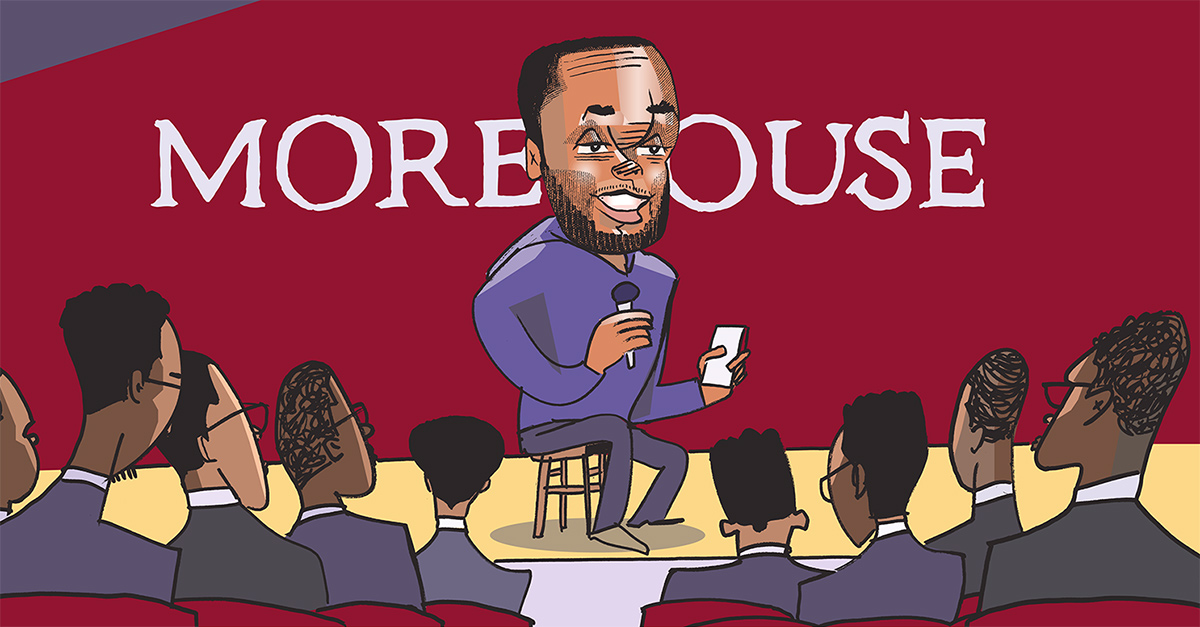
Luggage Lost, Confidence Found
When Ryan Washington decided he wanted to be a lawyer as an undergraduate at Morehouse College in Atlanta, Georgia, he didn’t have to look far for mentors. “I joined Morehouse’s moot court program,” said Washington, 26. “That’s where I met [Fordham Law alum] Darius Johnson [’21], and the rest is history.” Washington followed Johnson to Fordham Law School because “I wanted to learn the law in a place that was rigorous. Fordham gives you the skills to be able to talk to anyone, to litigate any matter.”
Those skills came in especially handy when Washington returned to Morehouse in February of 2022 during Black History Month to talk to prospective law students at his alma mater and other historically Black colleges and universities (HBCUs). “I’ve been an assistant coach for Morehouse’s moot court program, and I wanted to let students know that while being a lawyer isn’t just like Law & Order, it’s possible to really make an impact,” he said.
The Dean’s Society
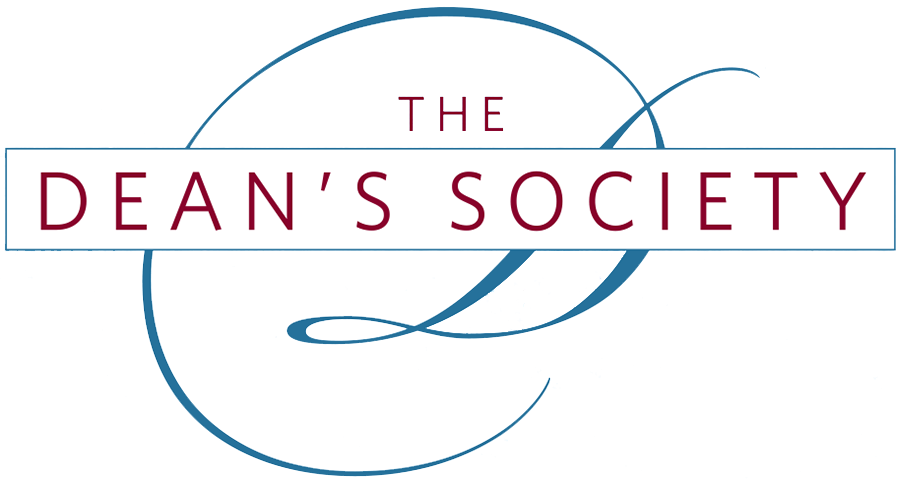
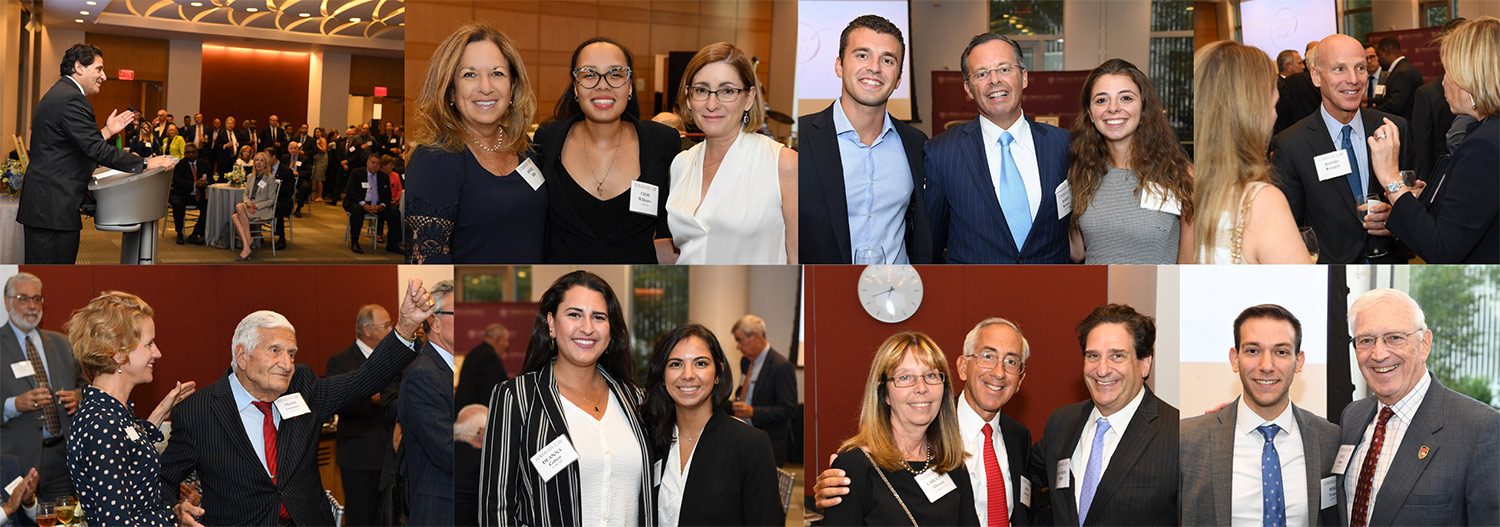
Become a member of the Dean’s Society today!
The Dean’s Society comprises a select and distinguished group of alumni and friends who lead the Law School in annual giving by making a donation of $2,500 or more in a fiscal year. (Graduates 10 years out or fewer are welcomed into the Society with gifts of $1,000 or more.) These donors provide the Dean with critical resources to address immediate needs, including funding for new programs, support for comprehensive learning experiences, financial aid for exceptional students, and so much more.
Dean’s Society members are deeply committed to the future of the Law School and affirm the power of a Fordham Law degree through their unalloyed support. They are honored at a private reception held each fall at the Law School.
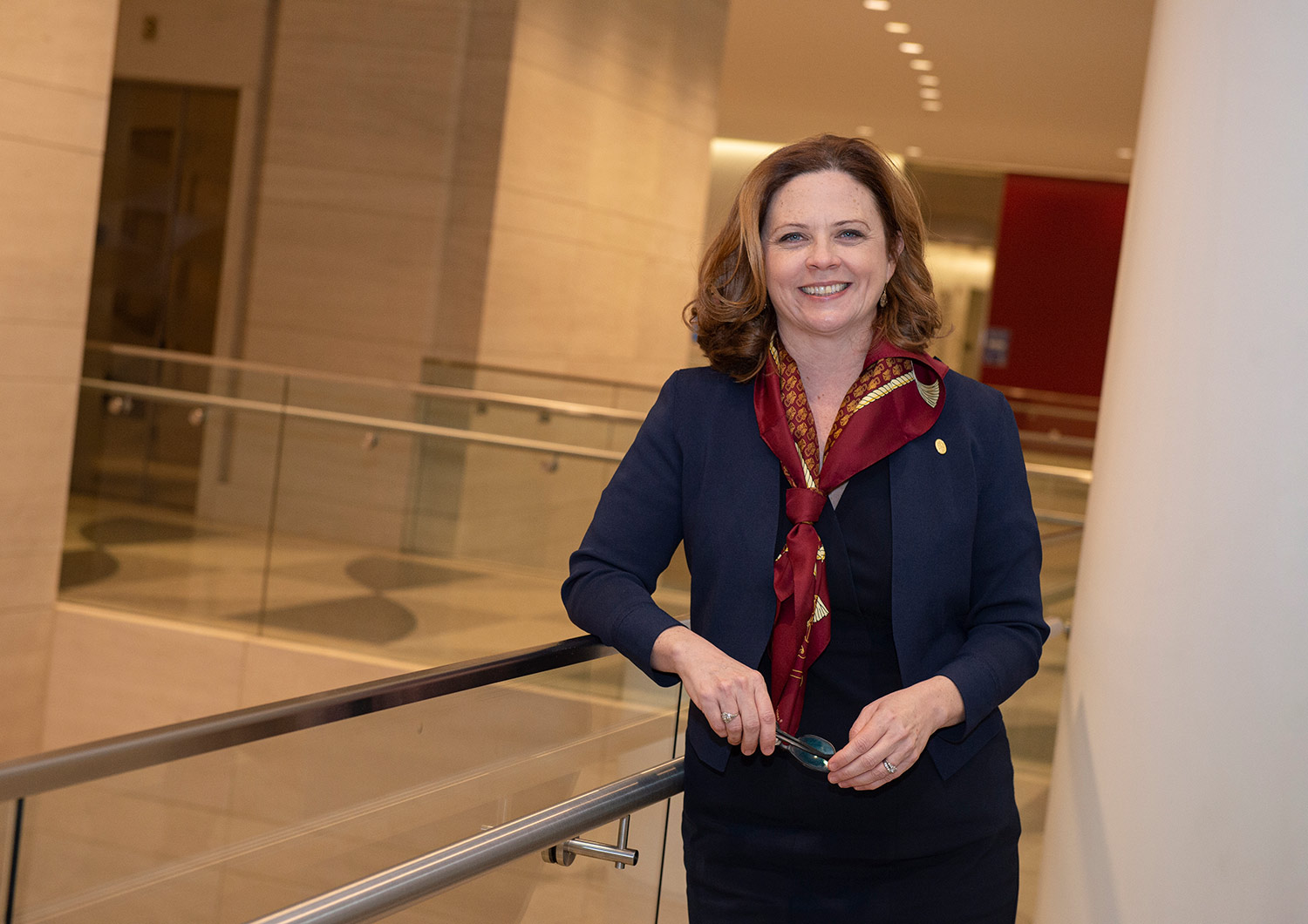
A NEW ERA
On July 1, Tania Tetlow began her tenure as the 33rd president of Fordham University. A former law professor, she previously served as president of Loyola University New Orleans since 2018. She is the first layperson, first woman, and the first attorney to lead the institution in its 181-year history.
Meet our University’s inspiring new leader in the next issue of Fordham Lawyer.

Mail:
Fordham Lawyer
Attn: Communications Office
Fordham Law School
150 West 62nd Street
New York, NY 10023
Assistant Dean, Fordham Law School, and AVP for External Relations, Fordham University
Youngjae Lee
Associate Dean for Research
Ornela Ramaj Rudovic
Director of Alumni Relations
Elizabeth McKeveny
Senior Director of Development Operations


